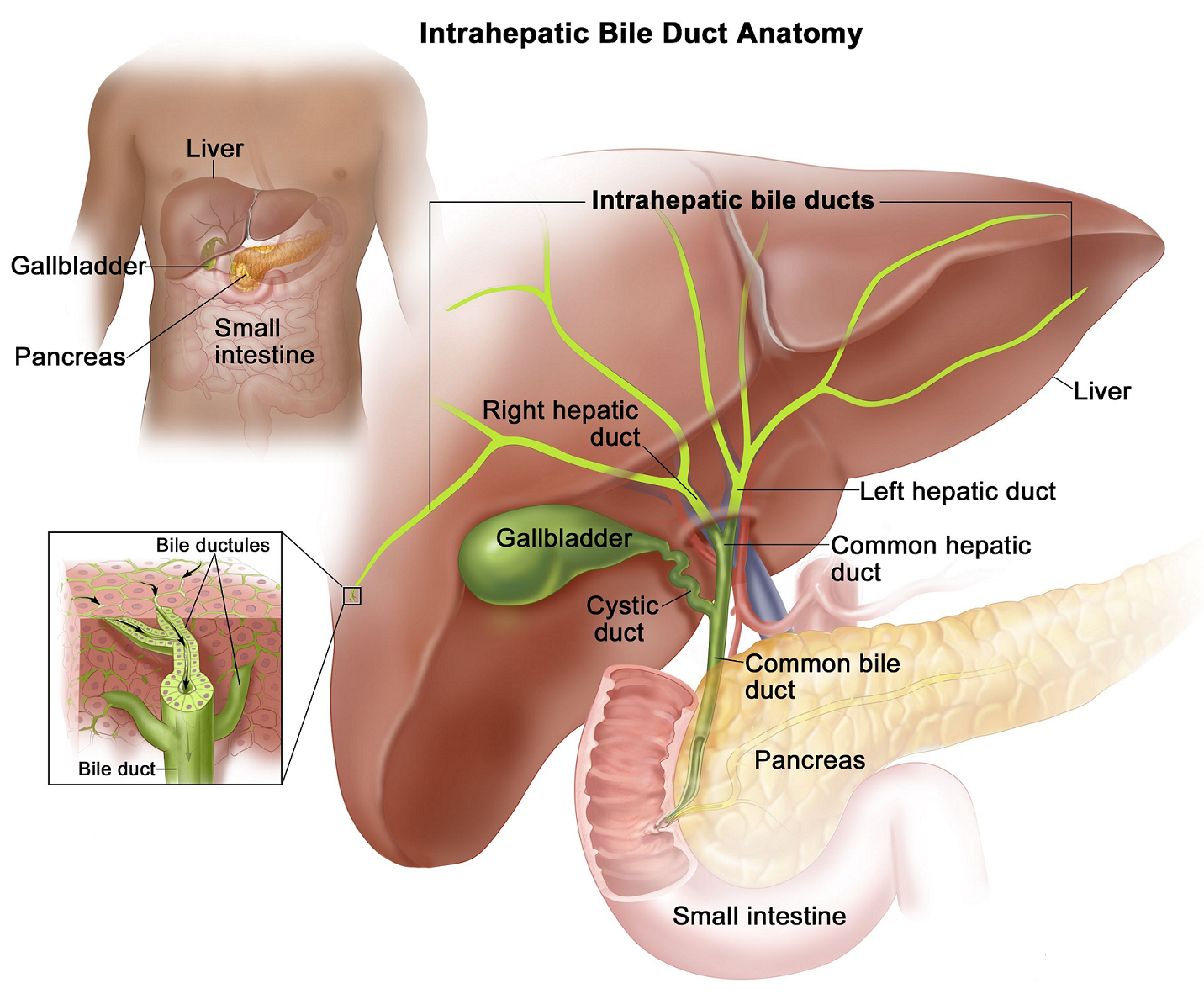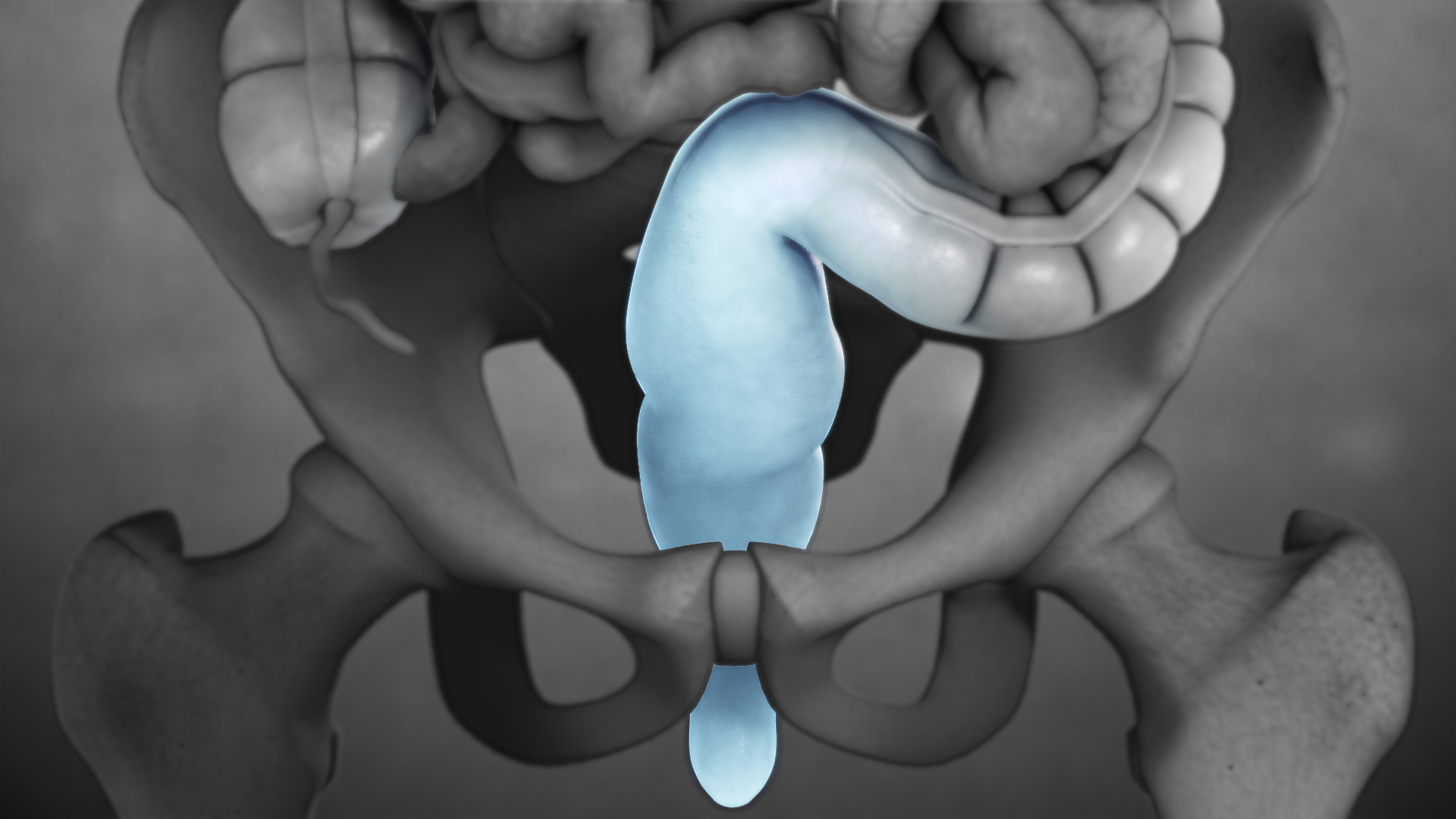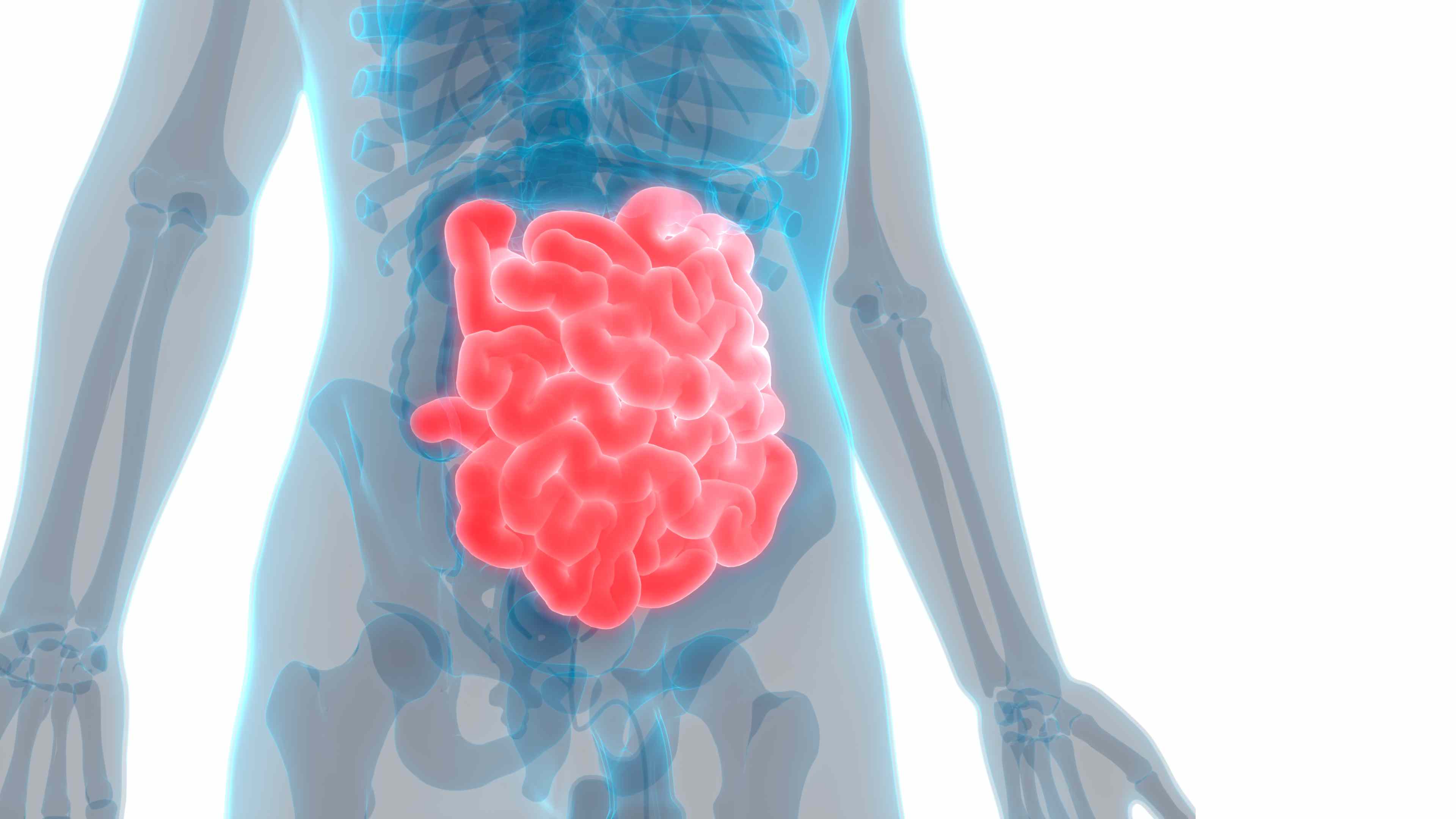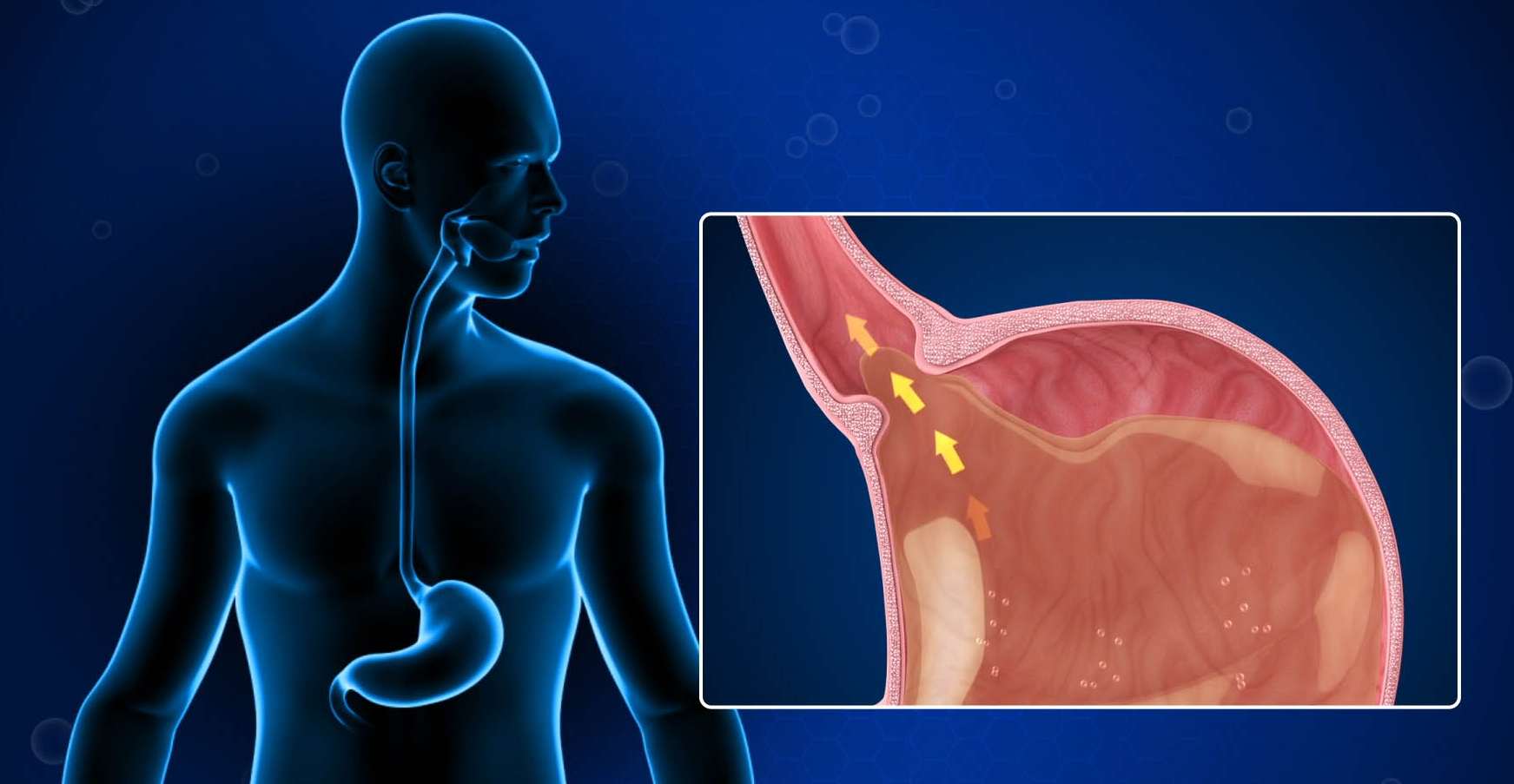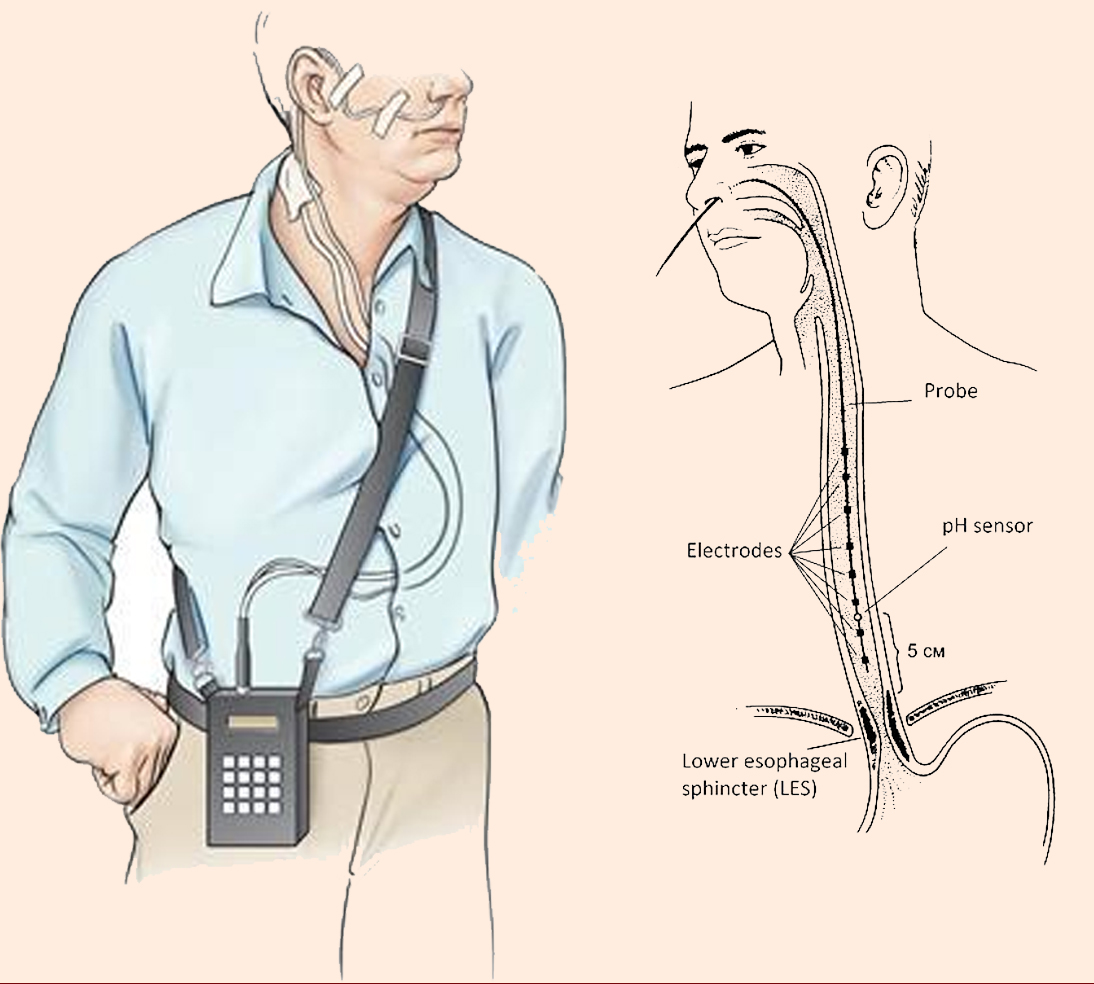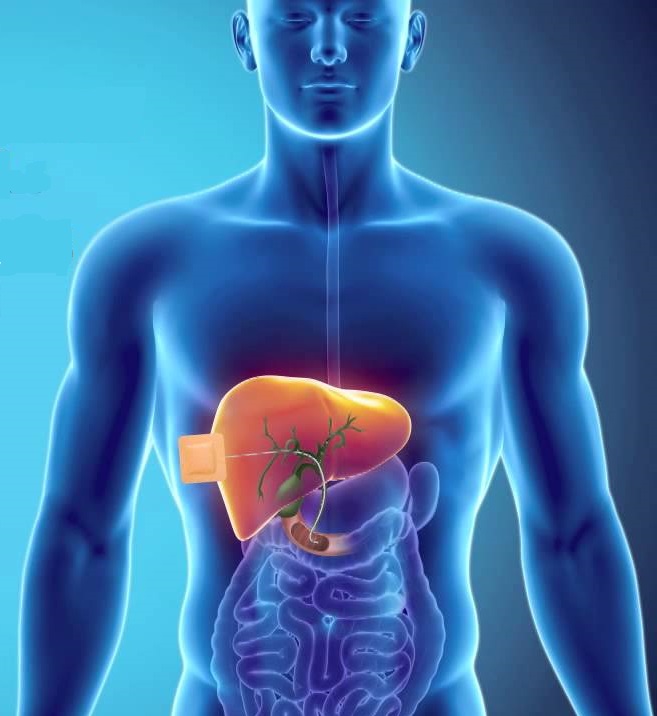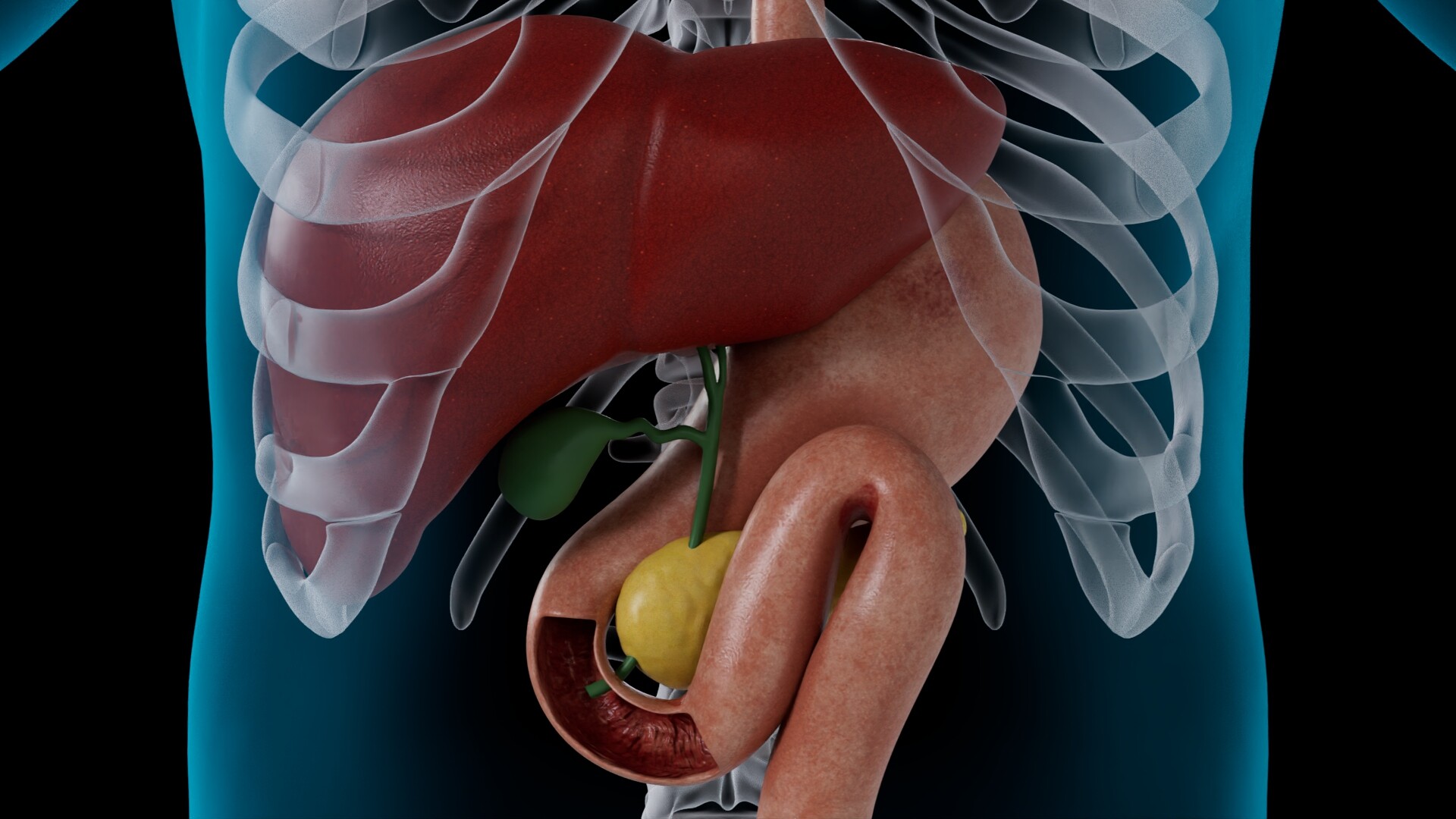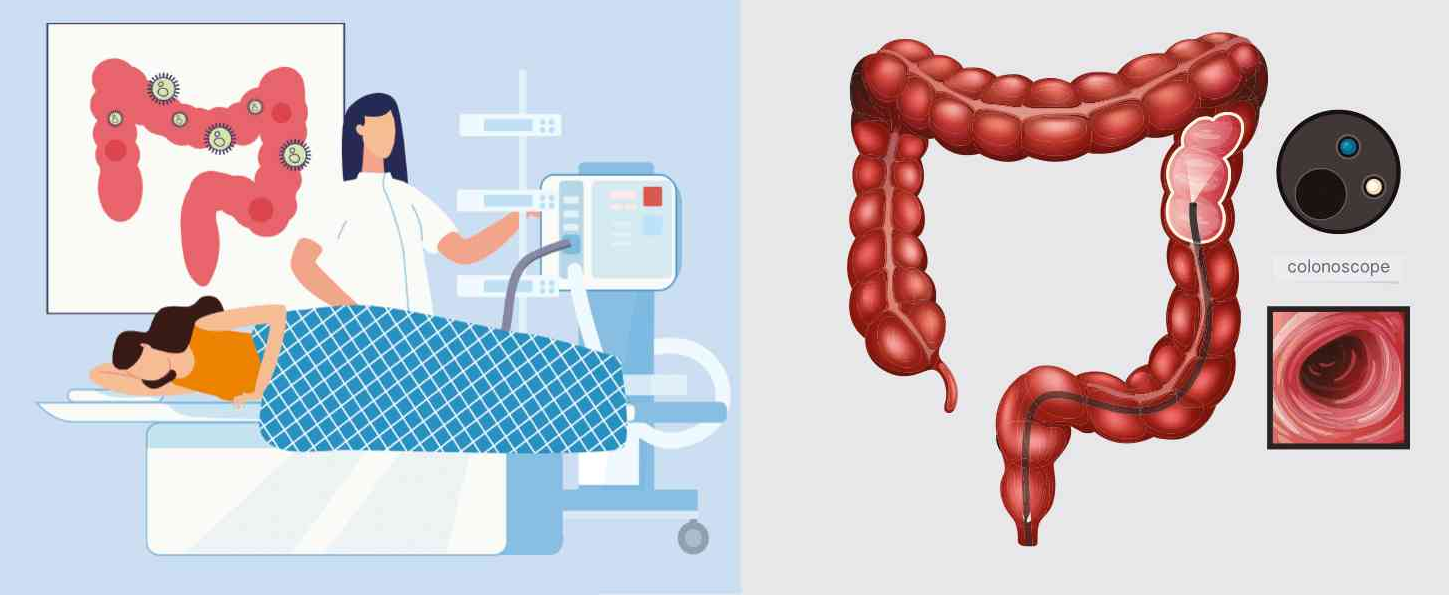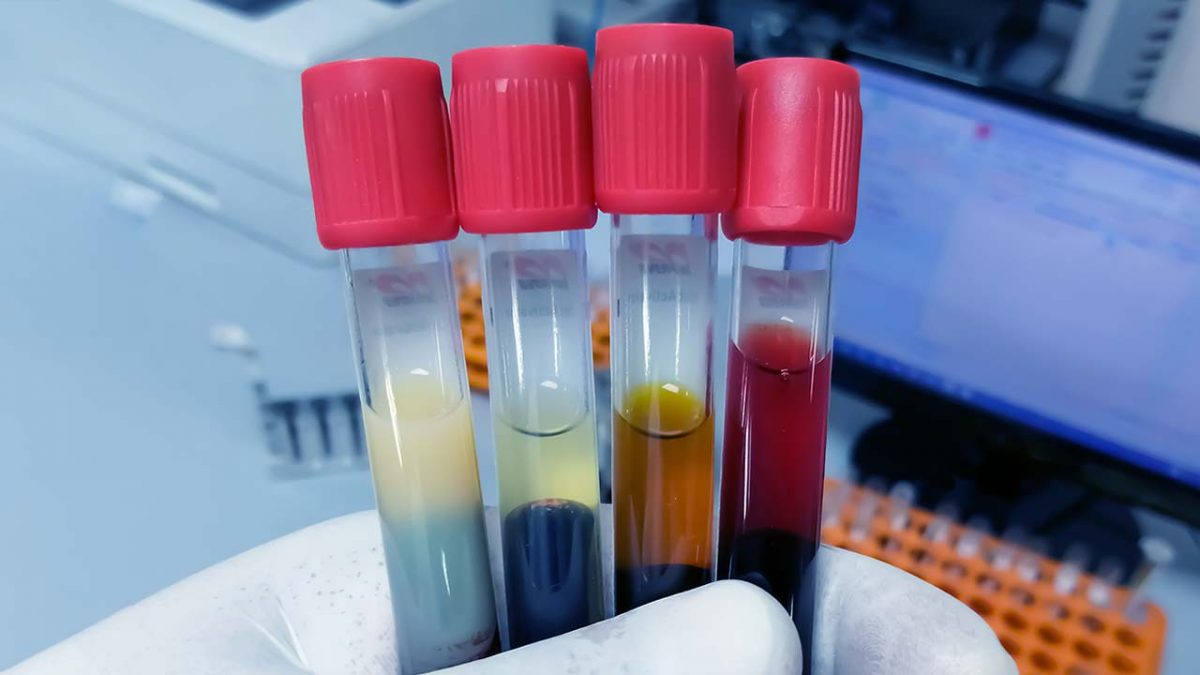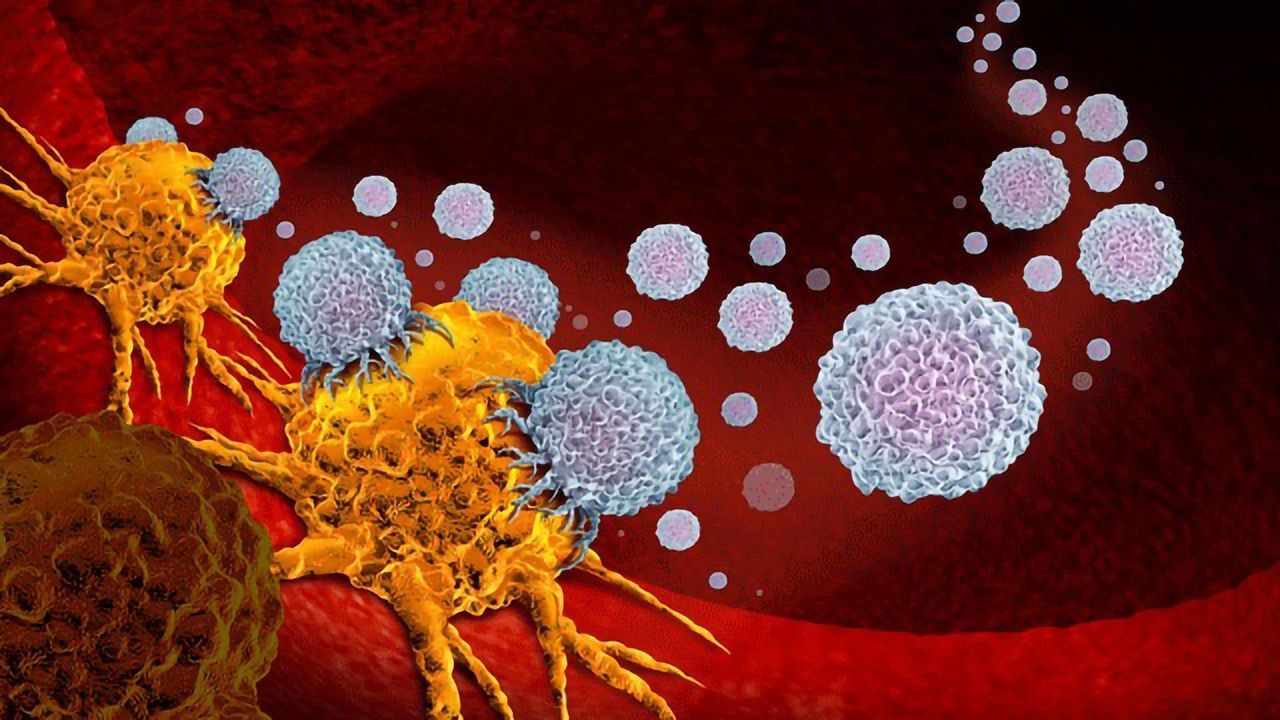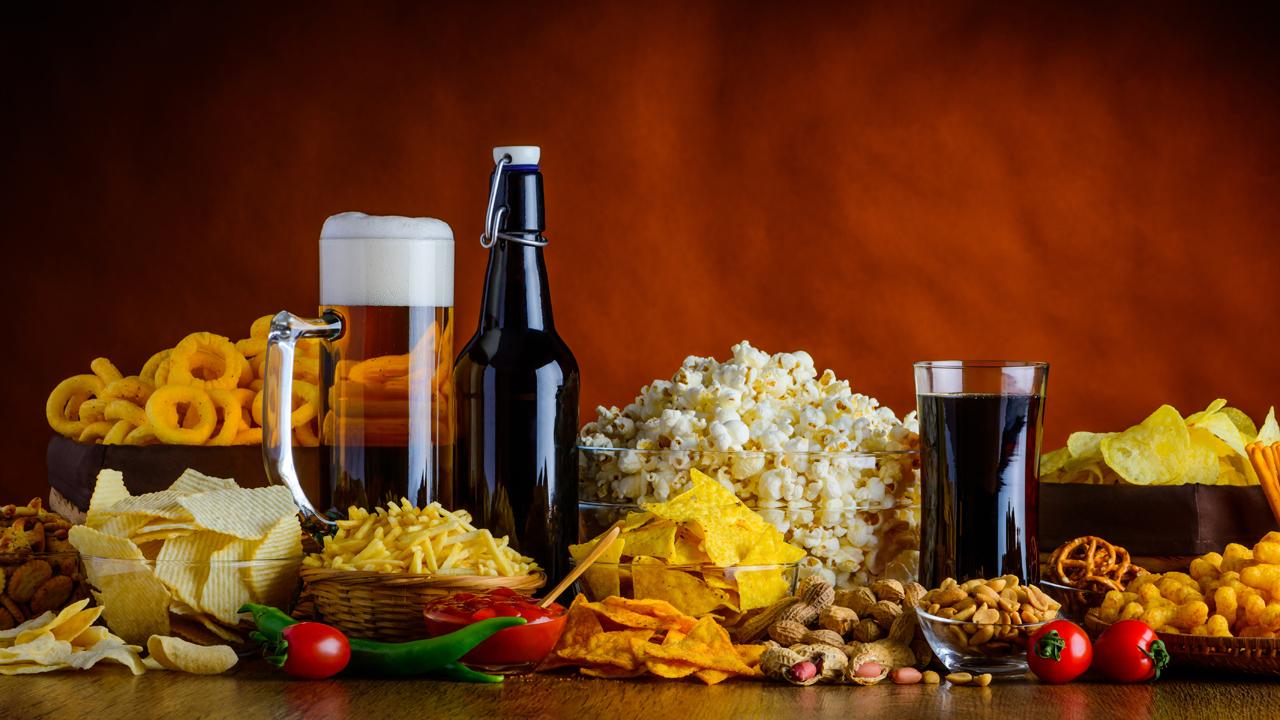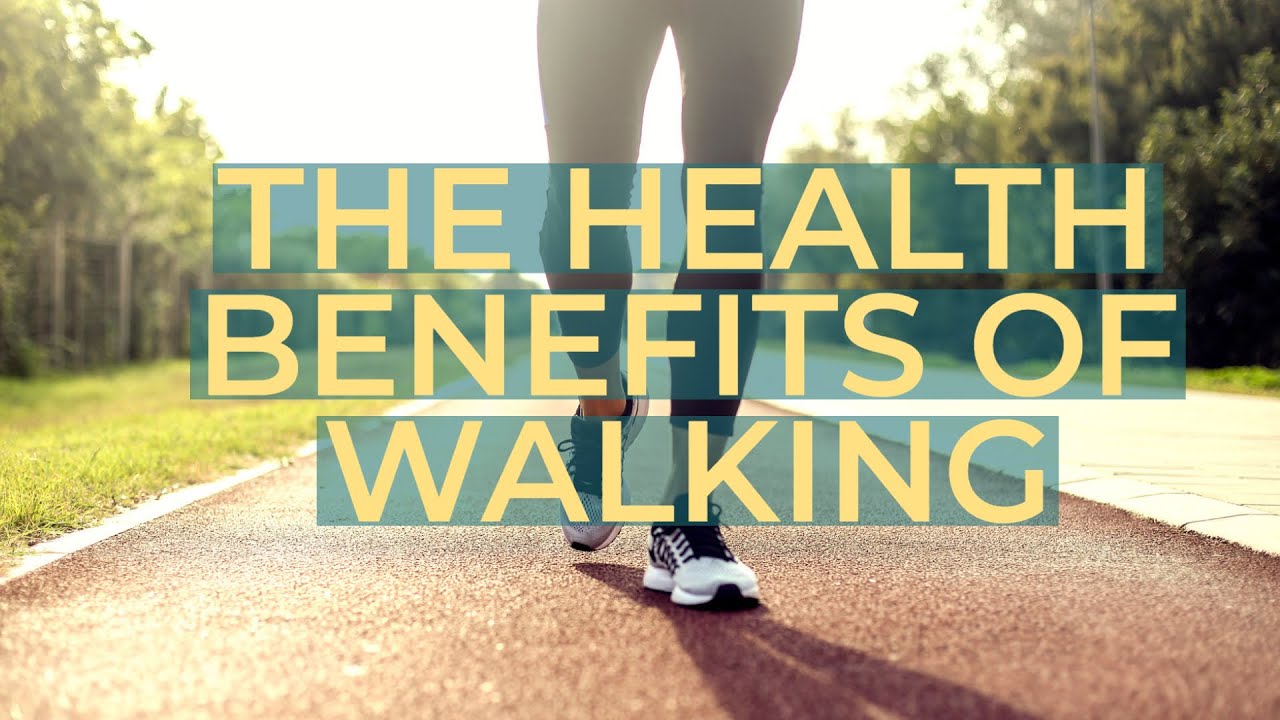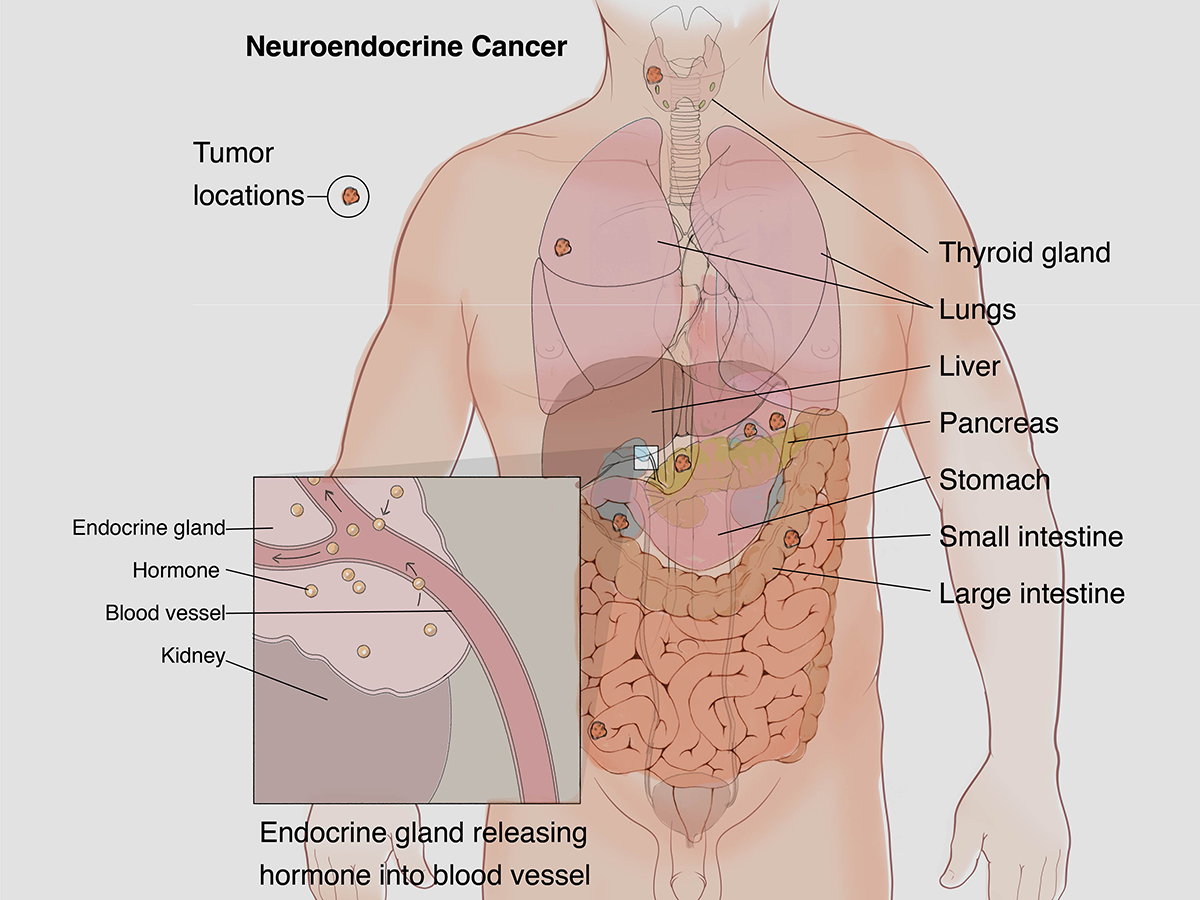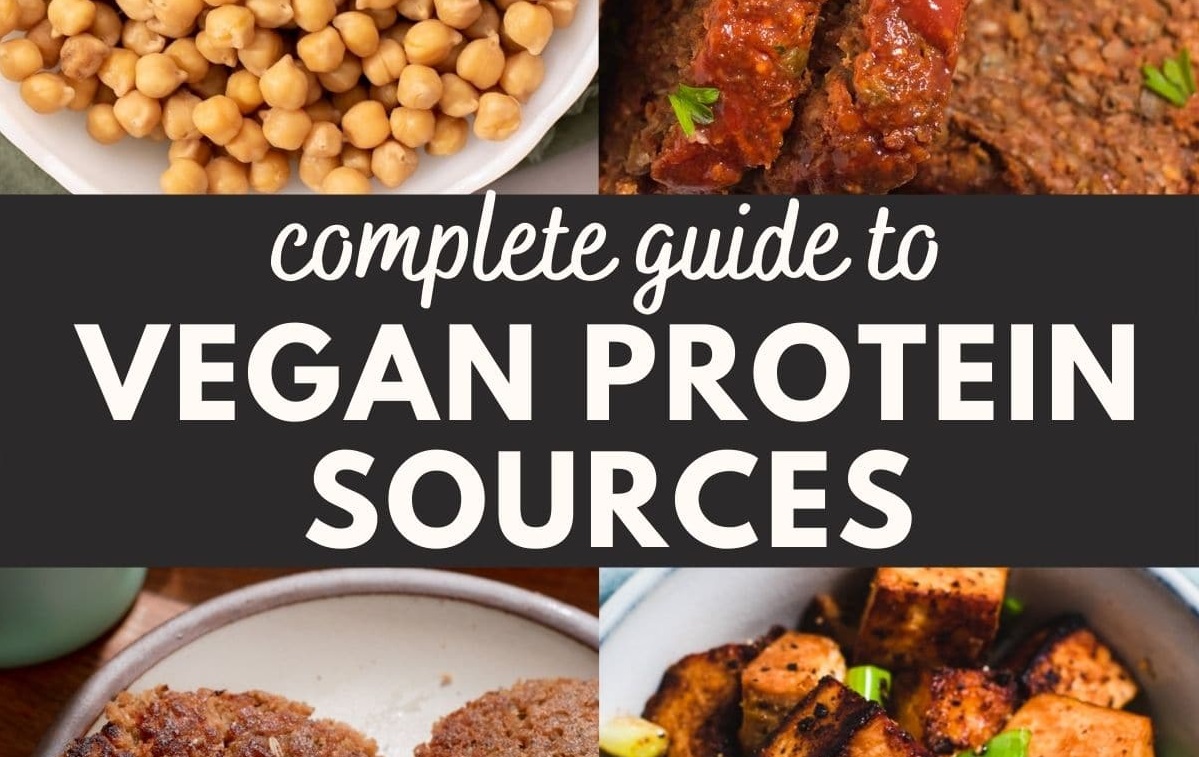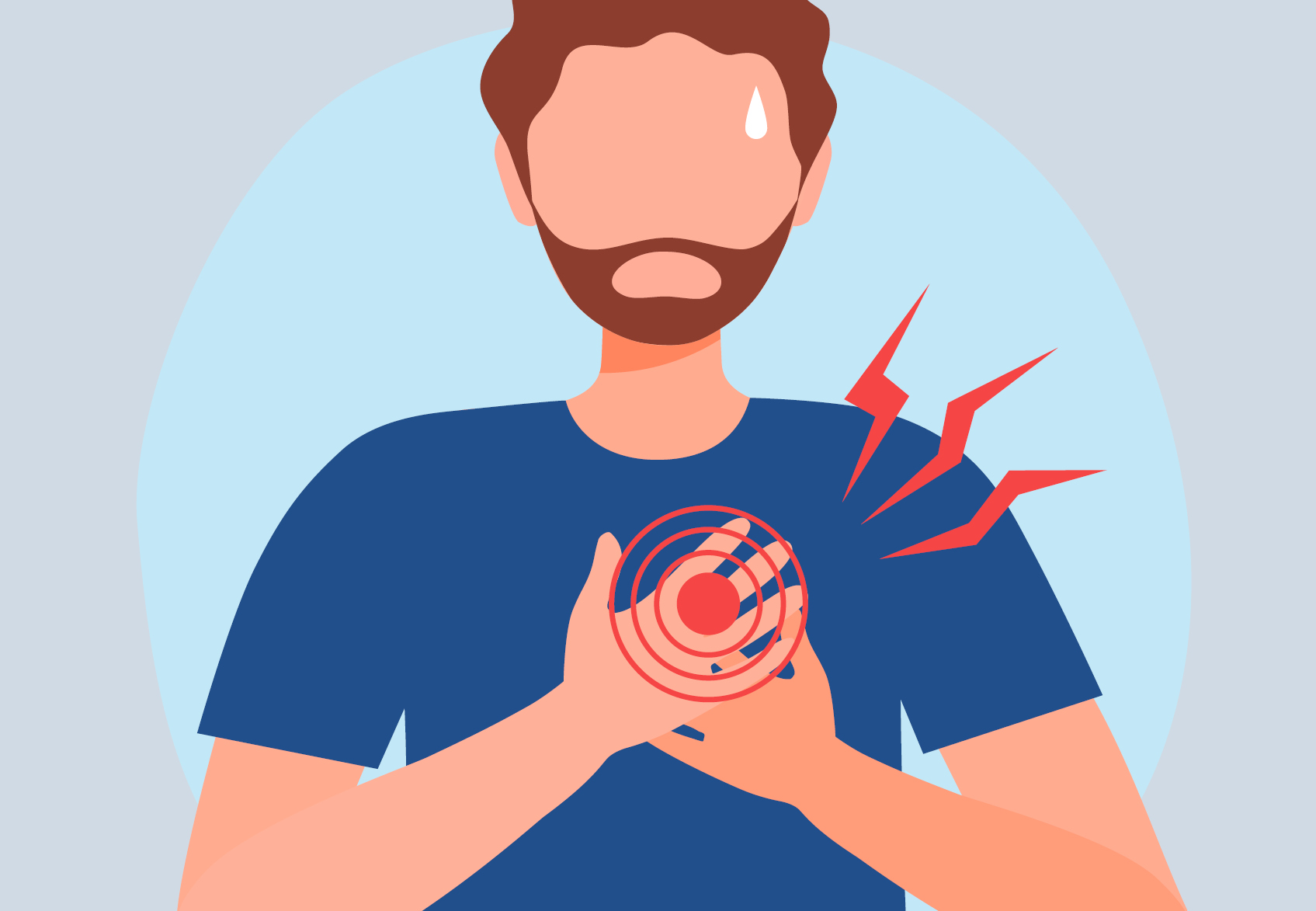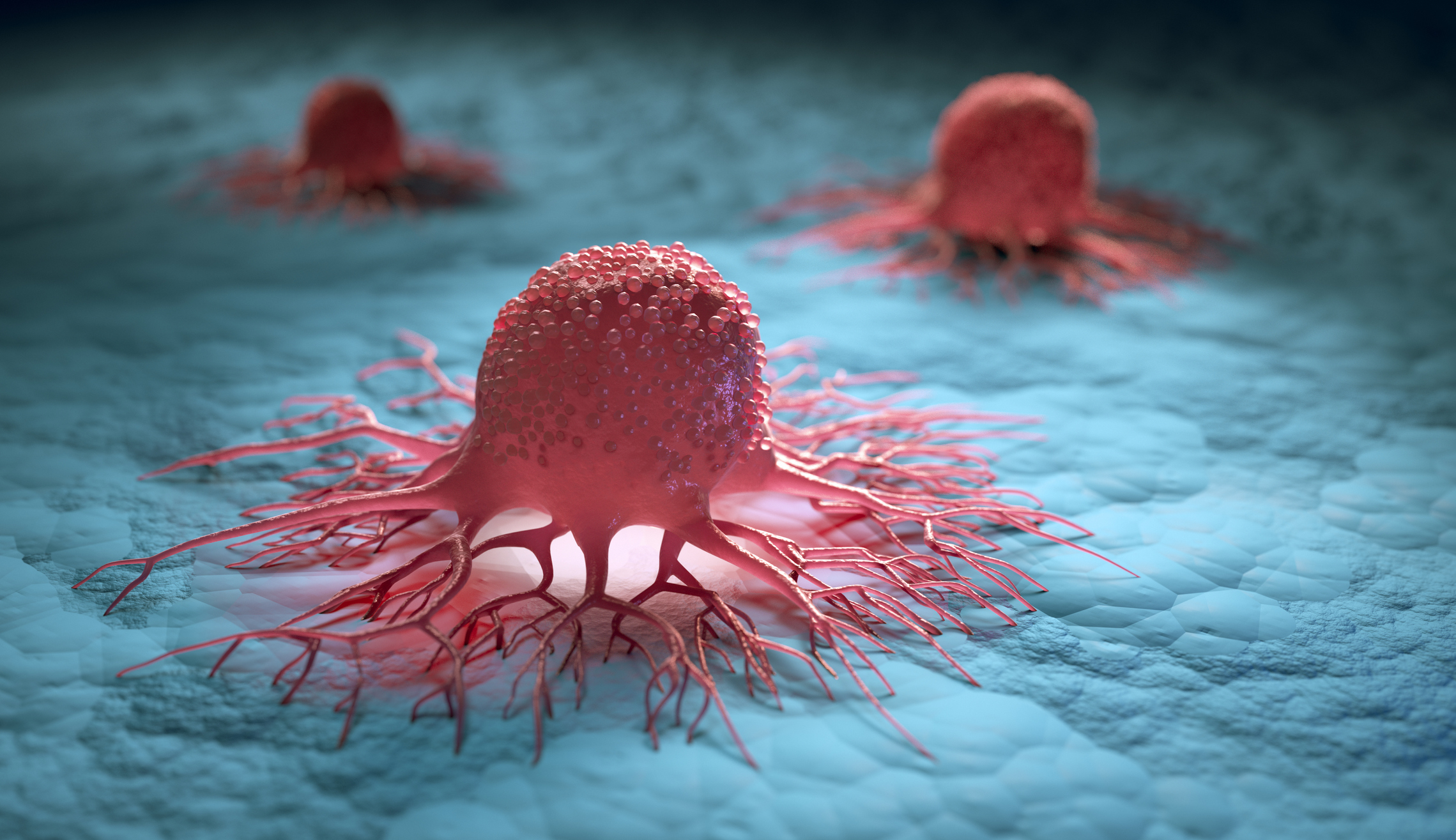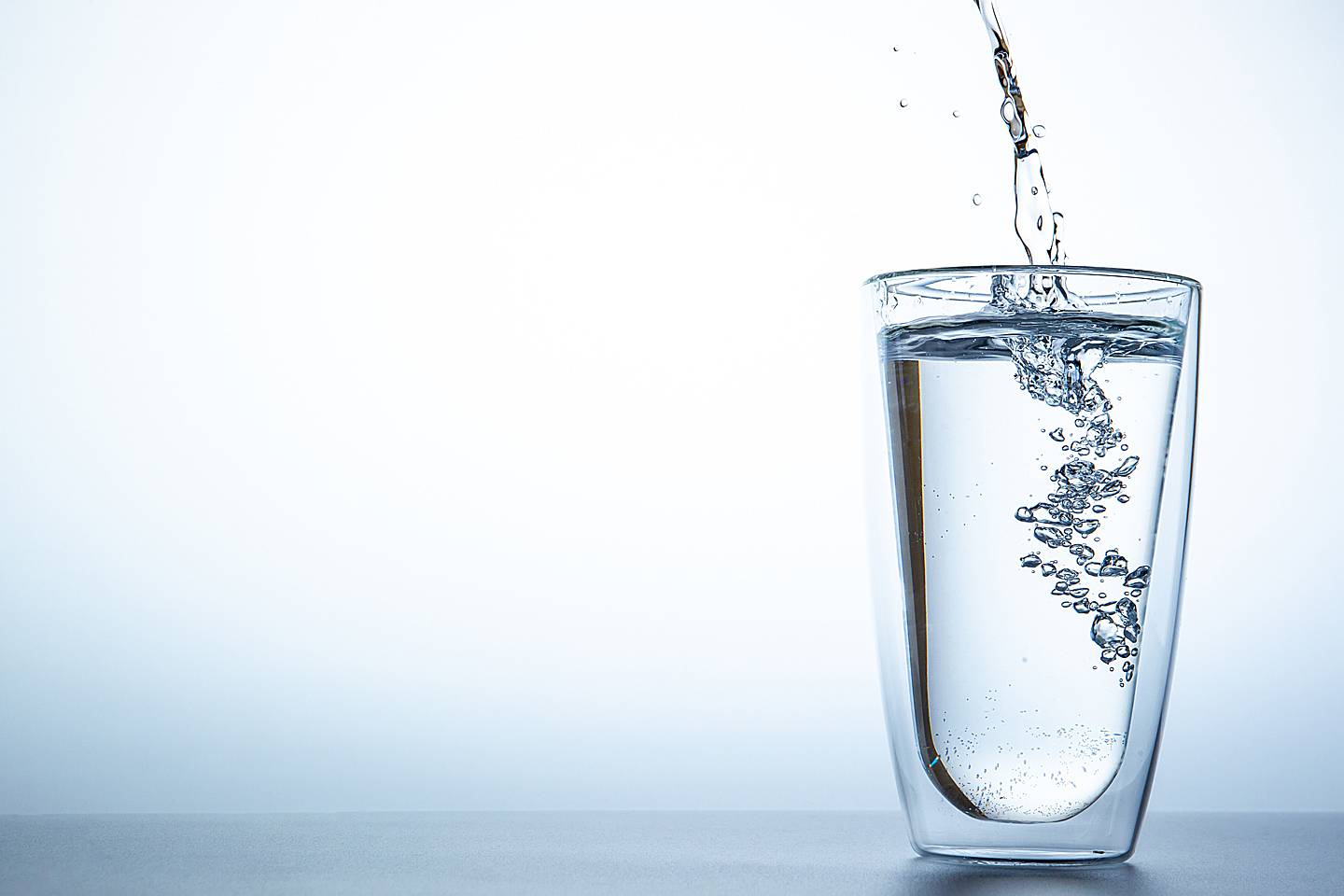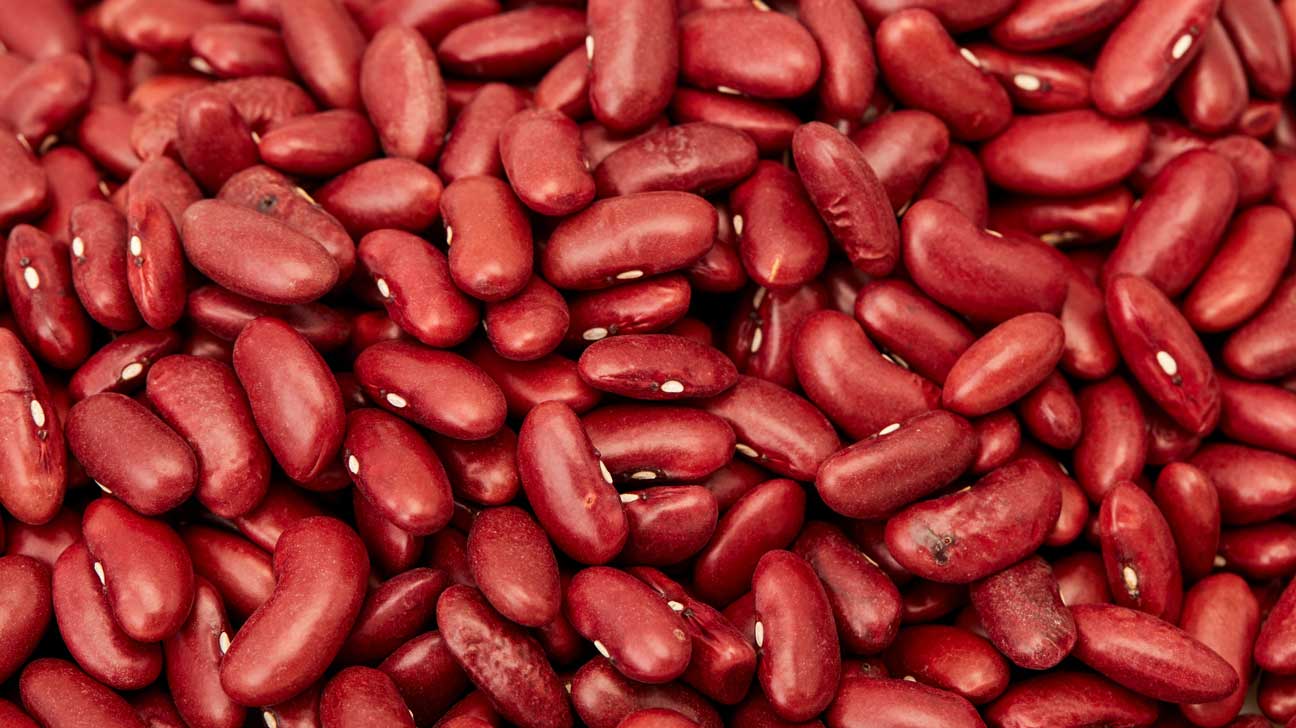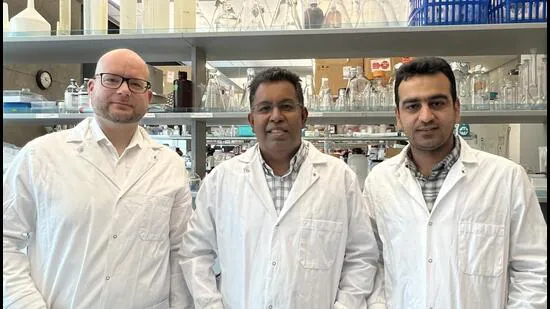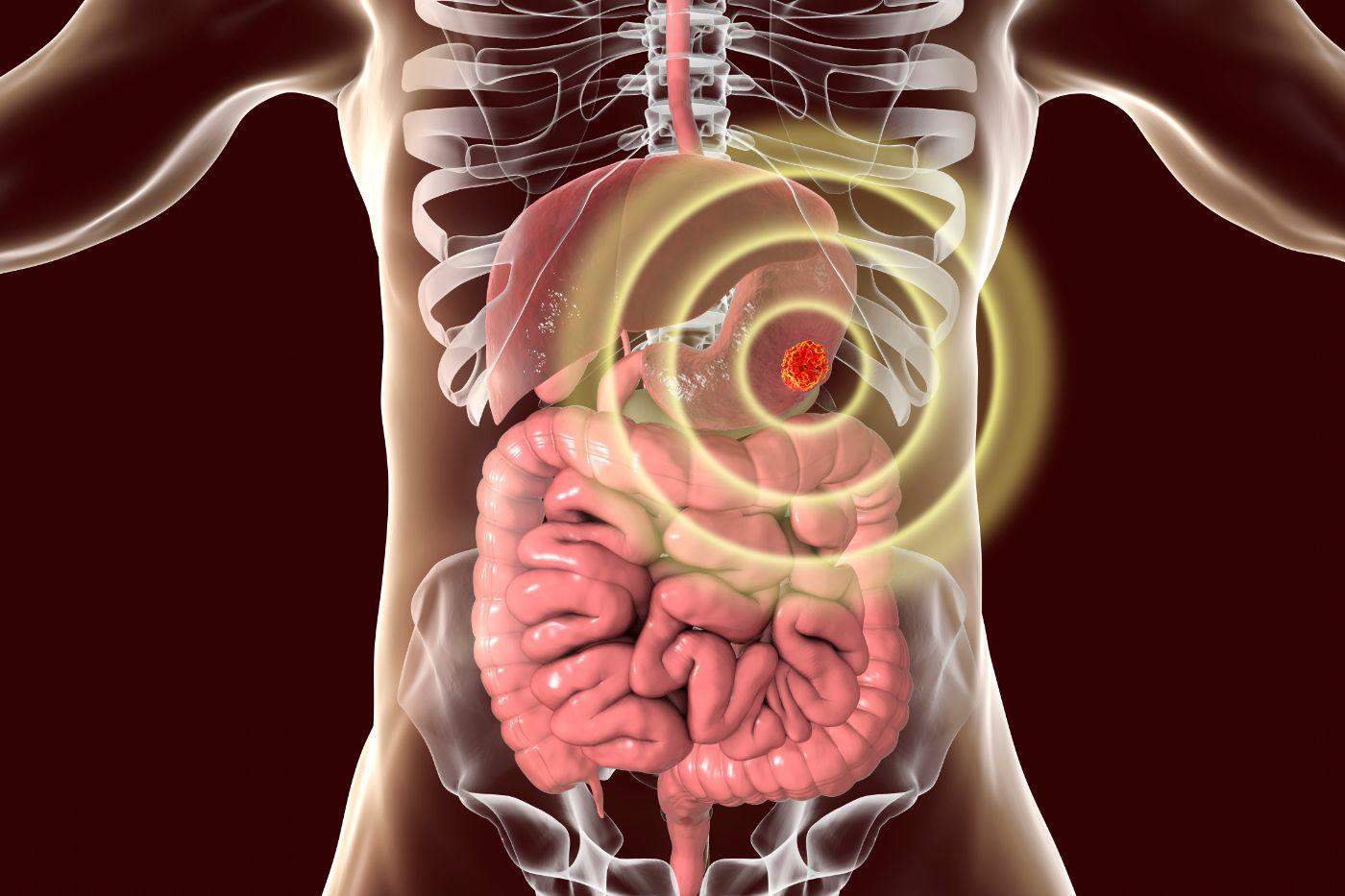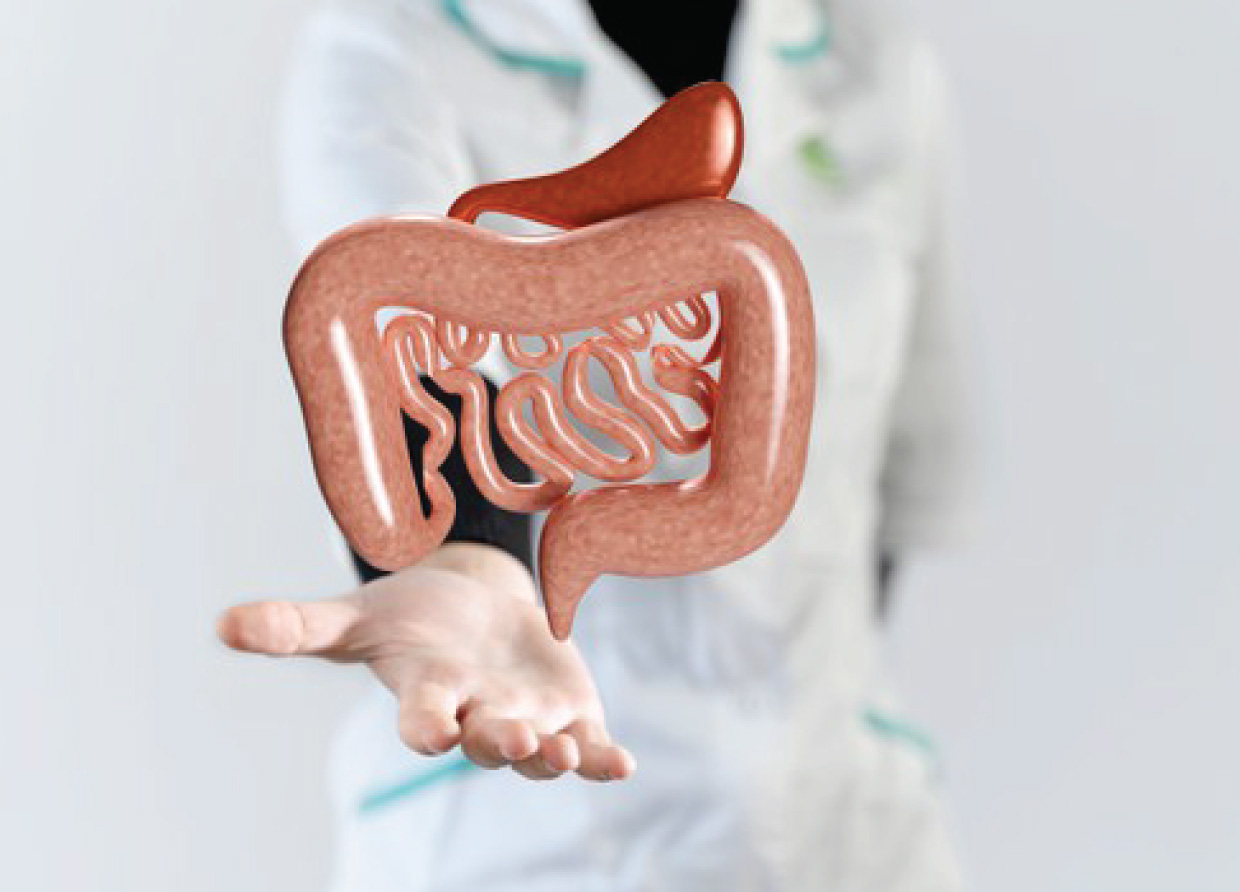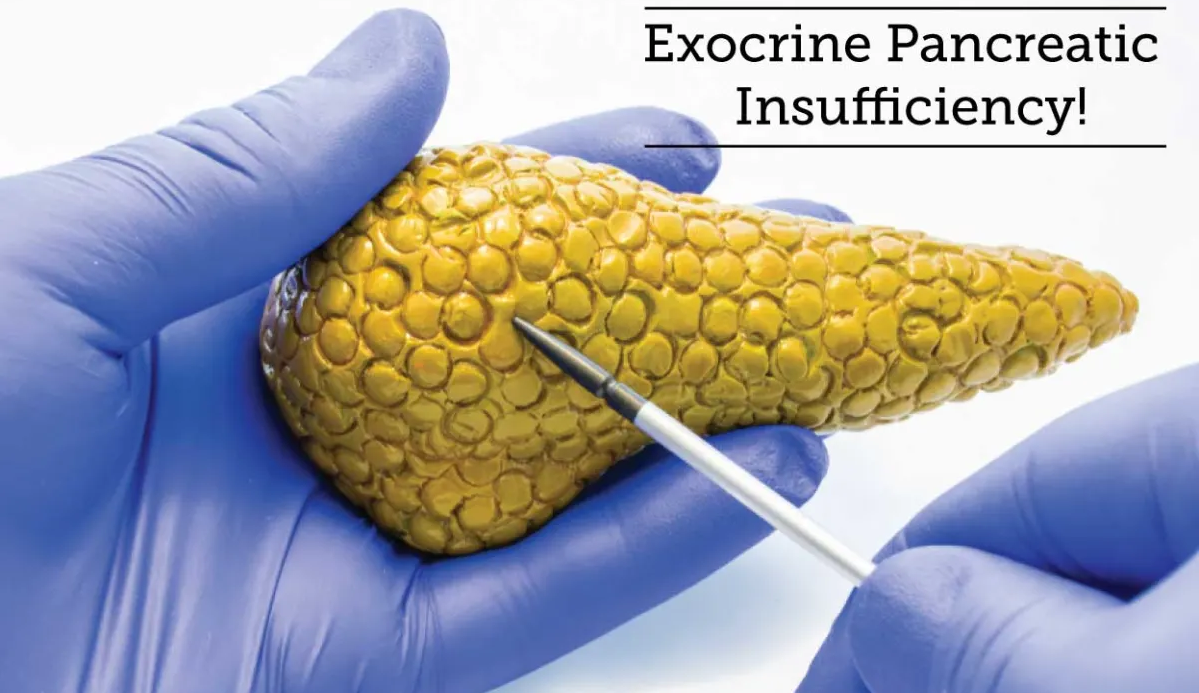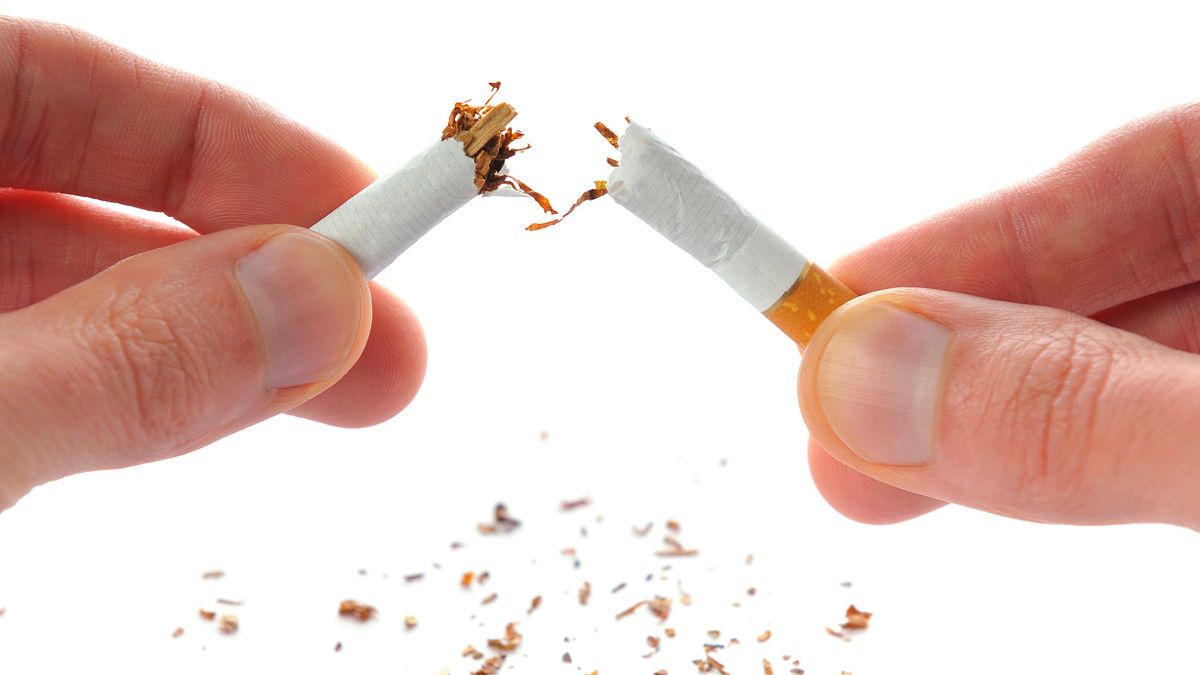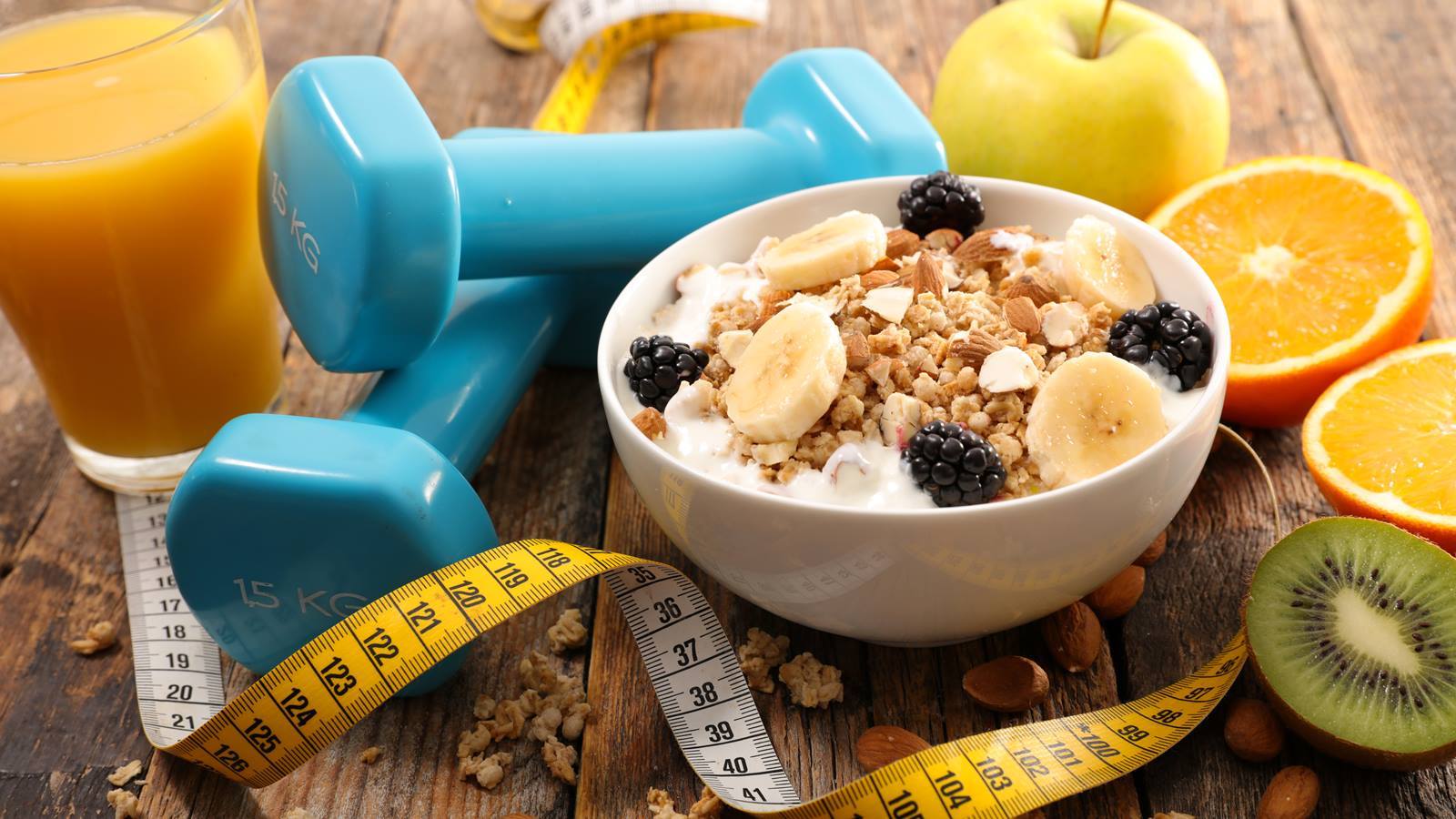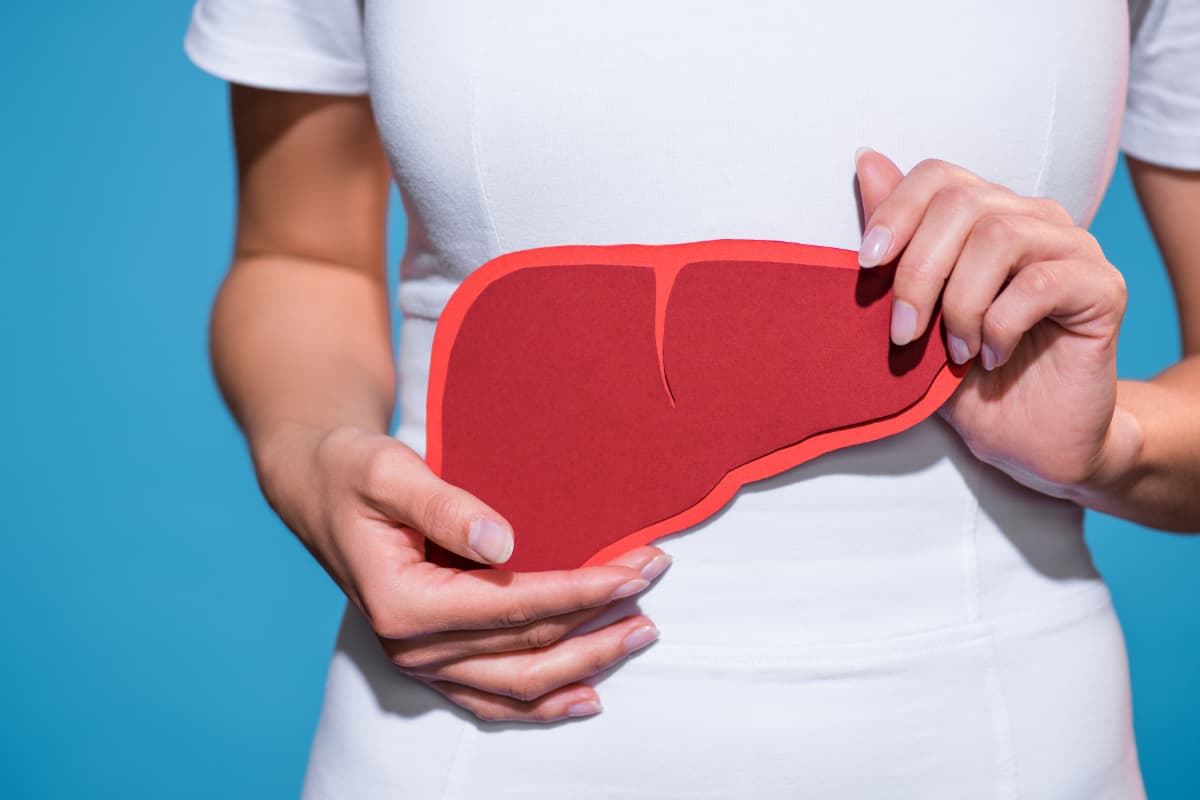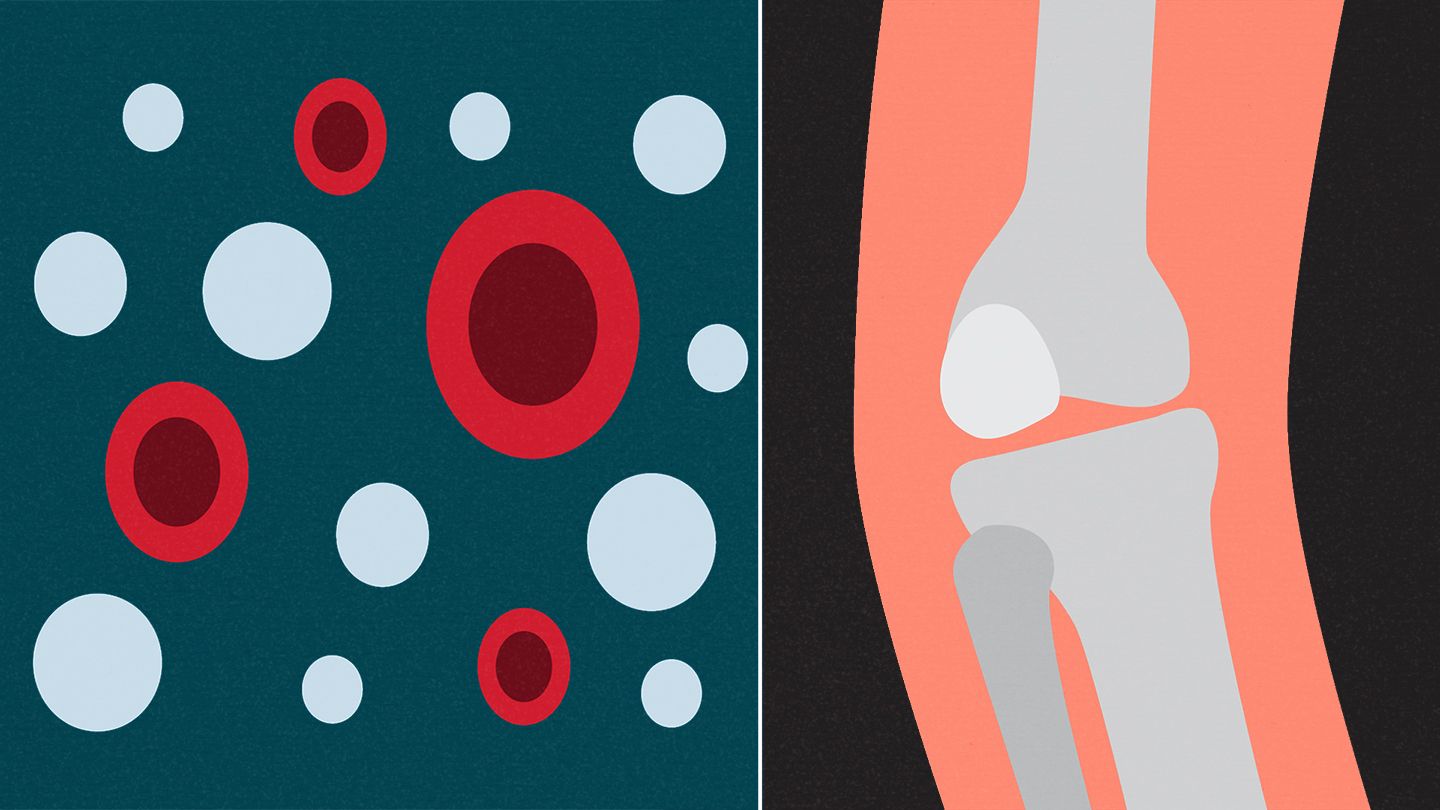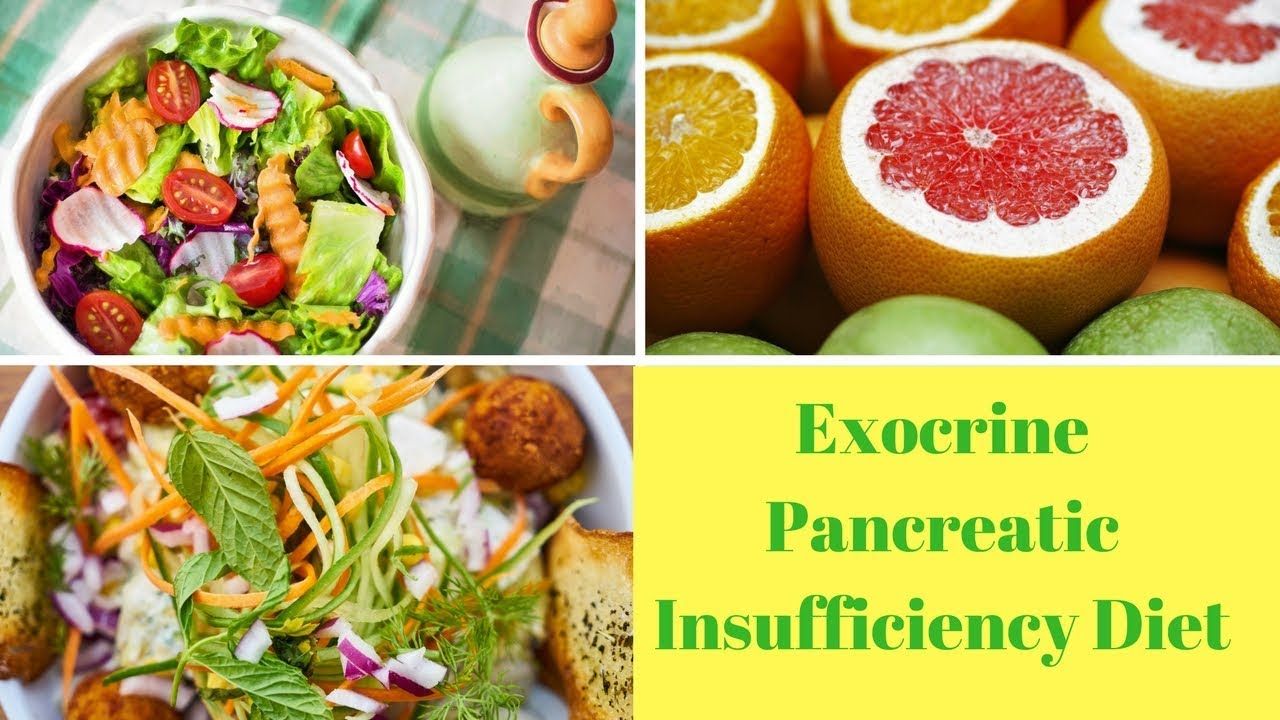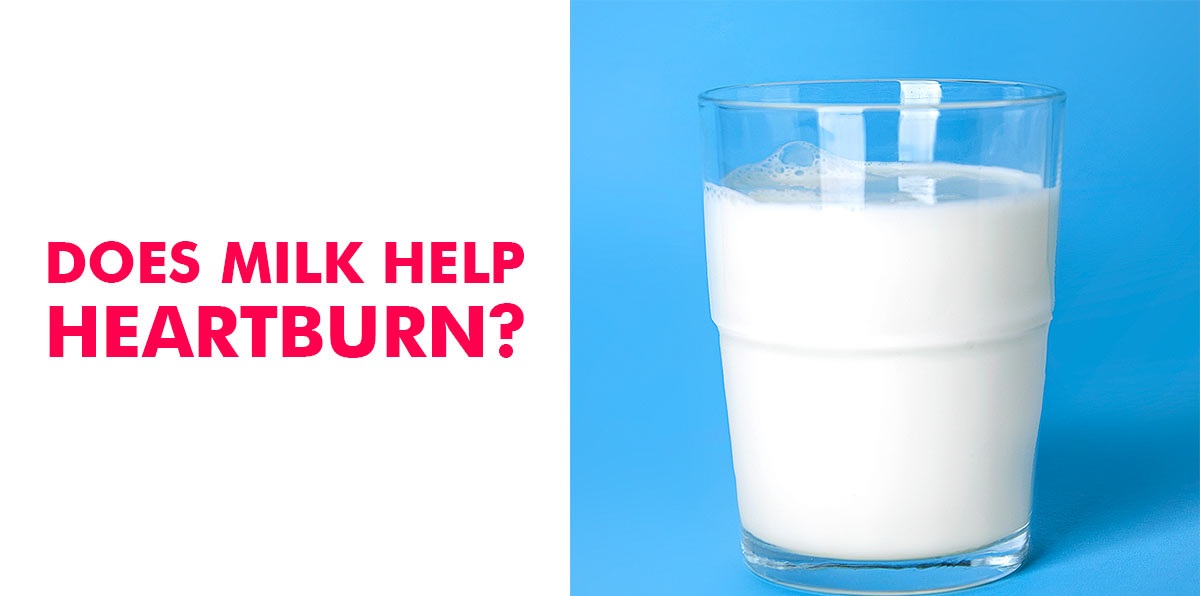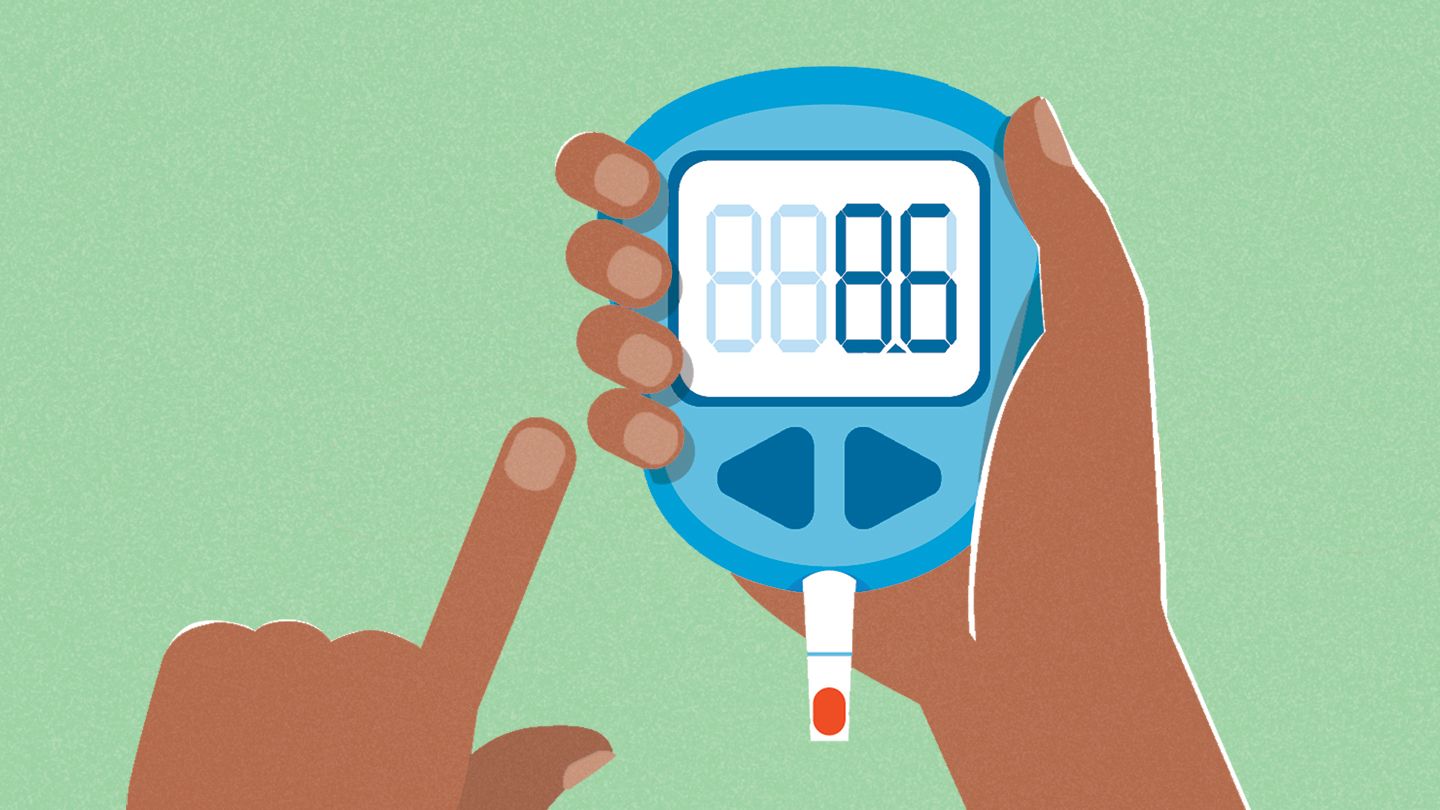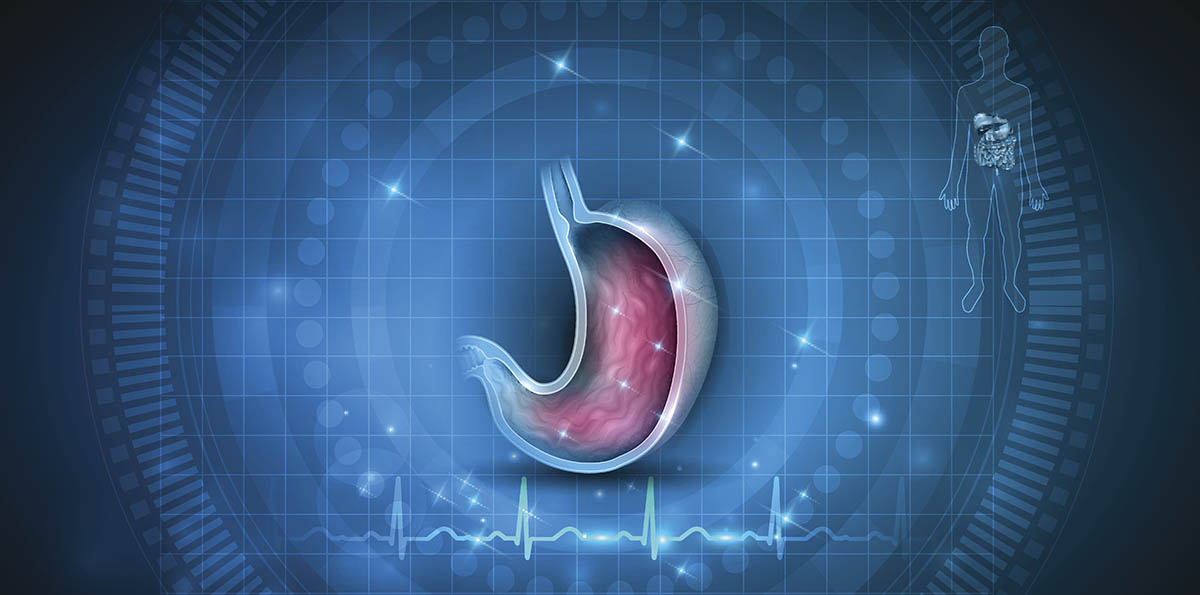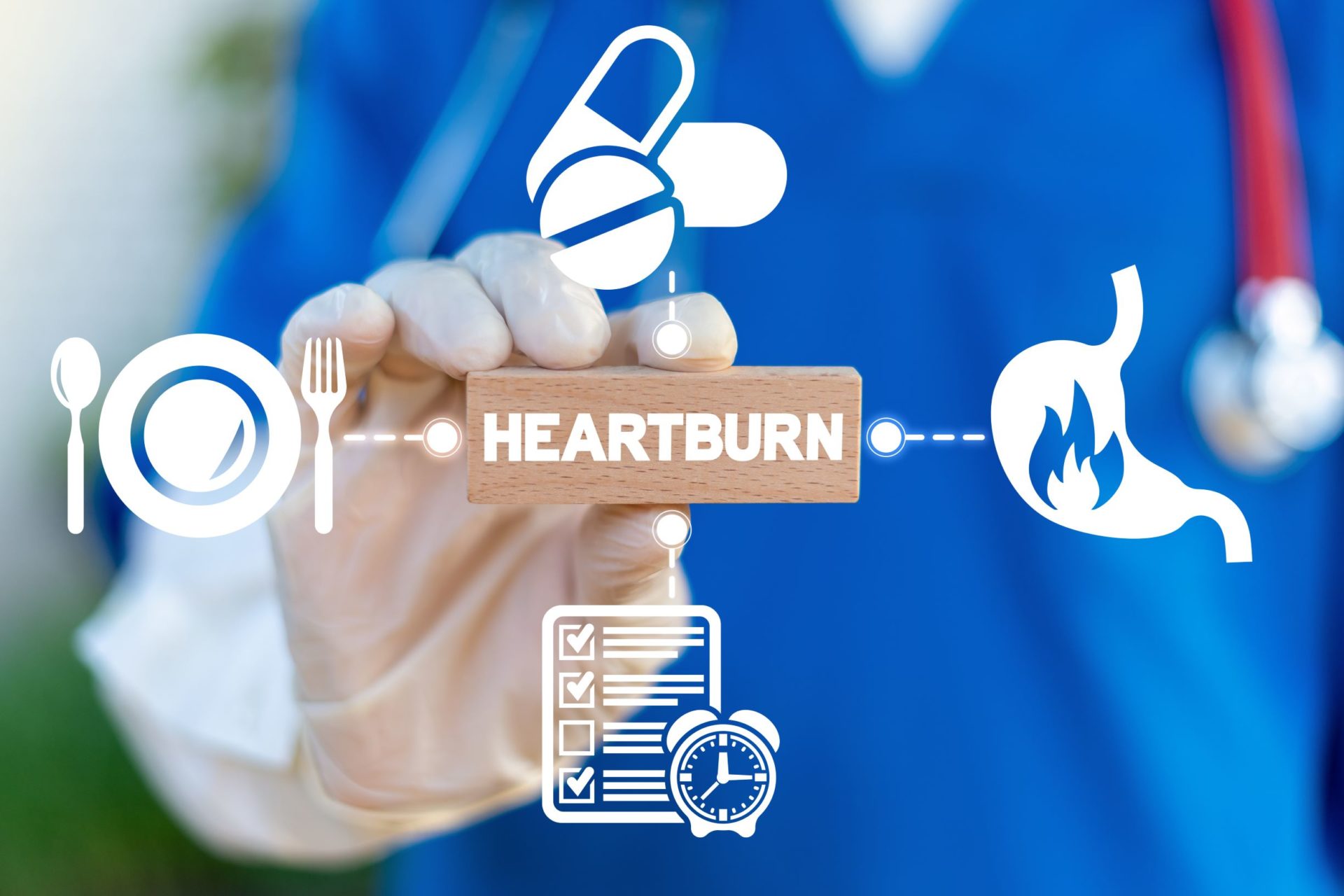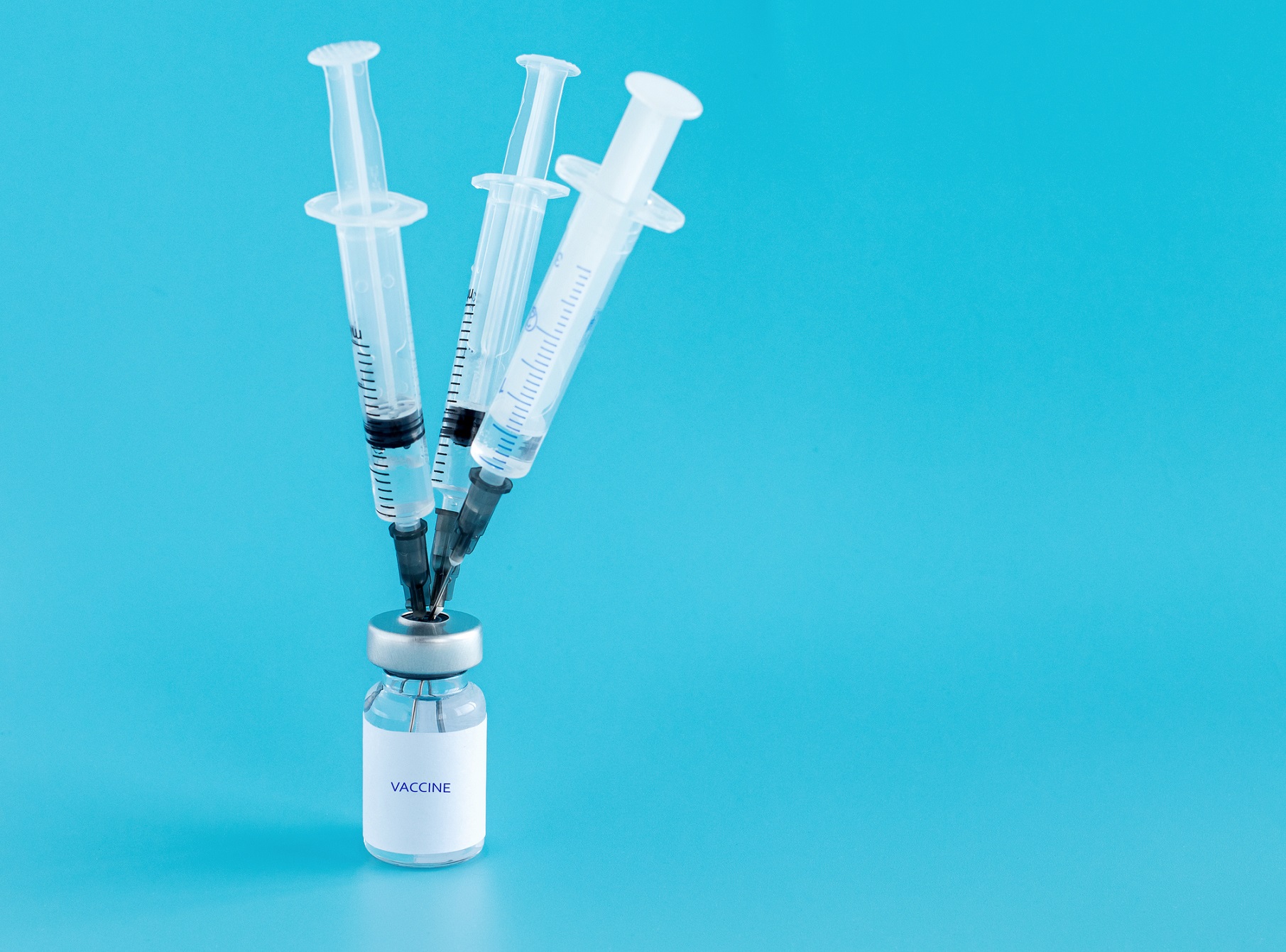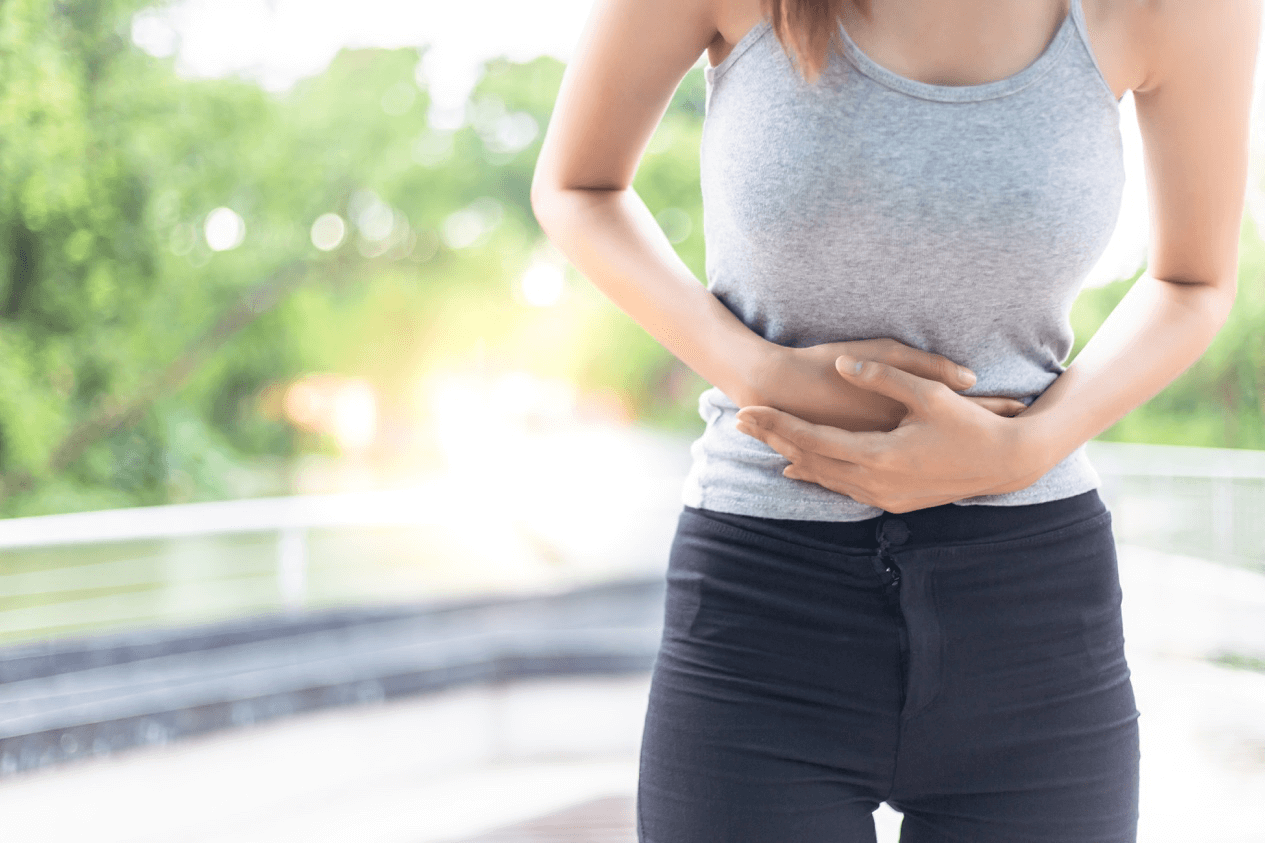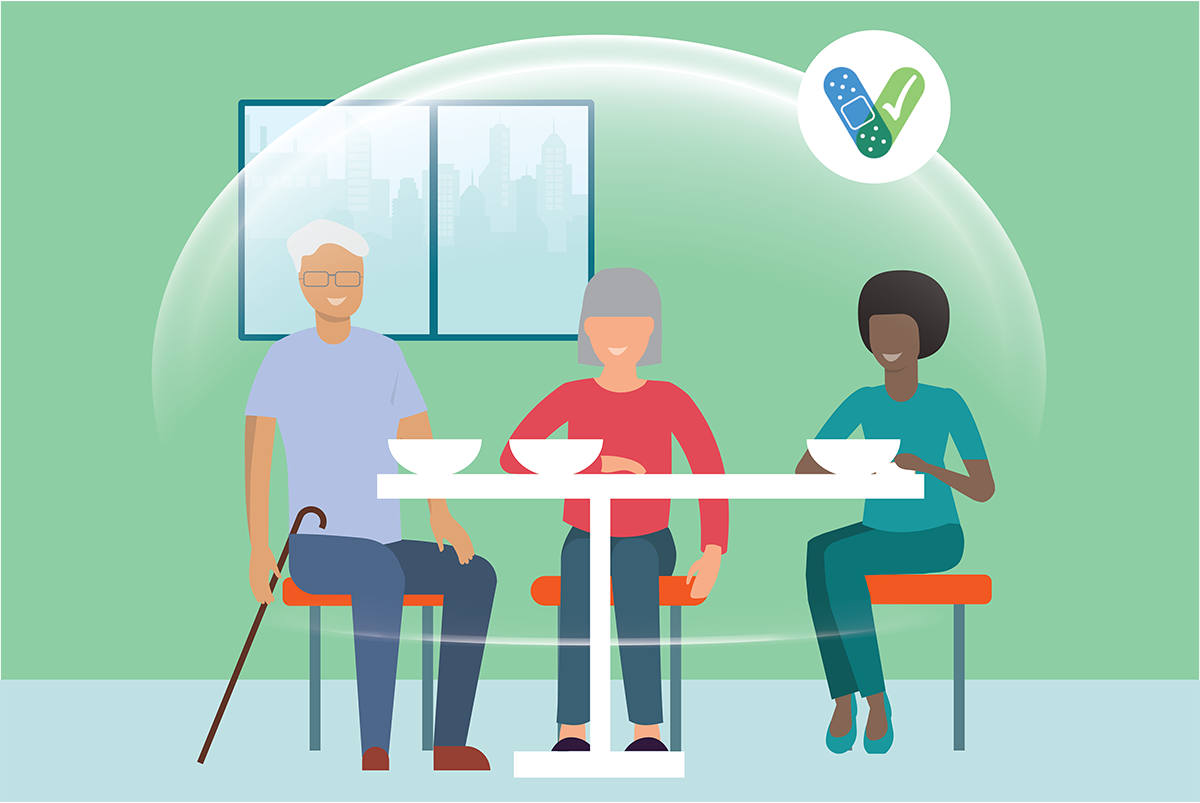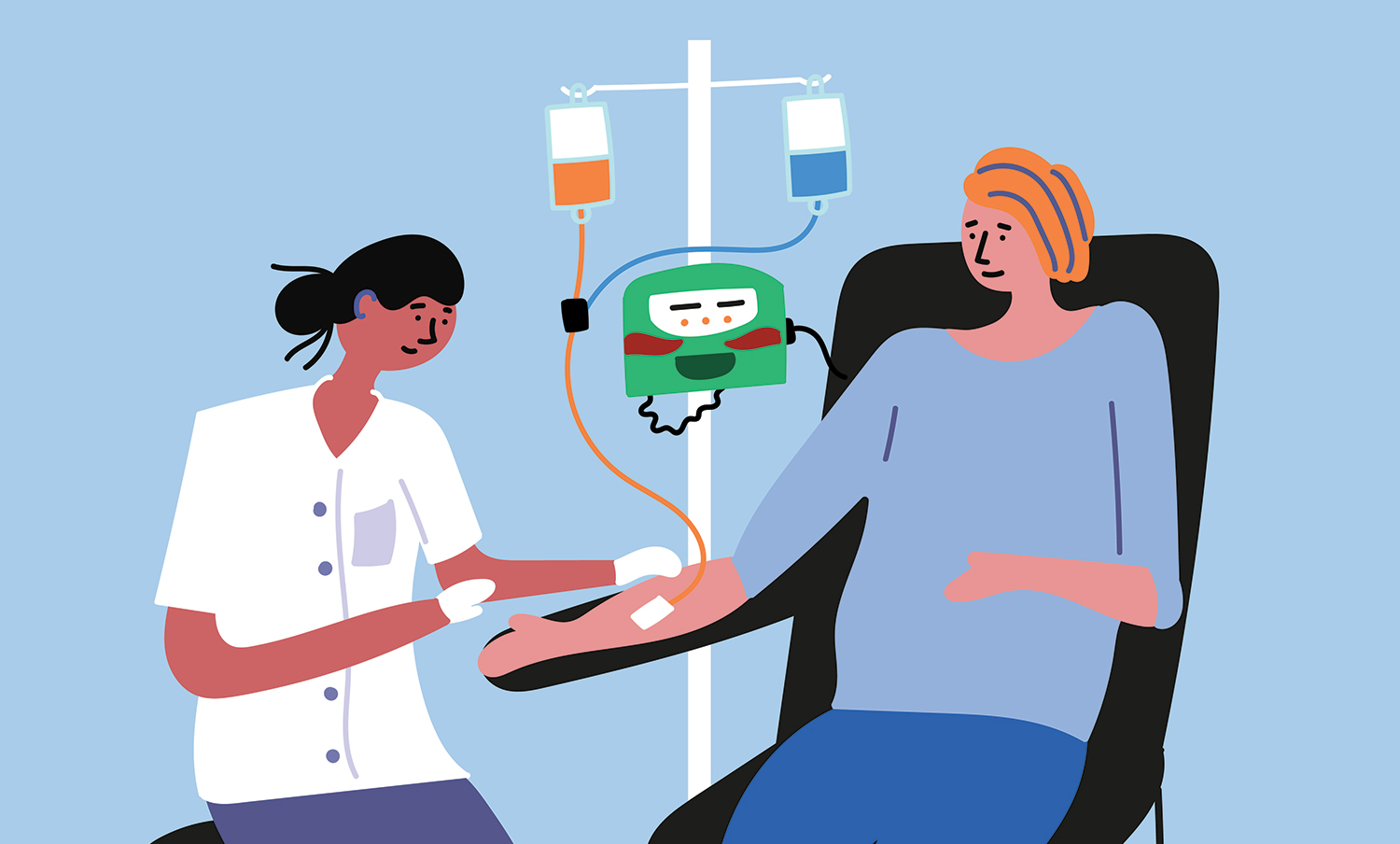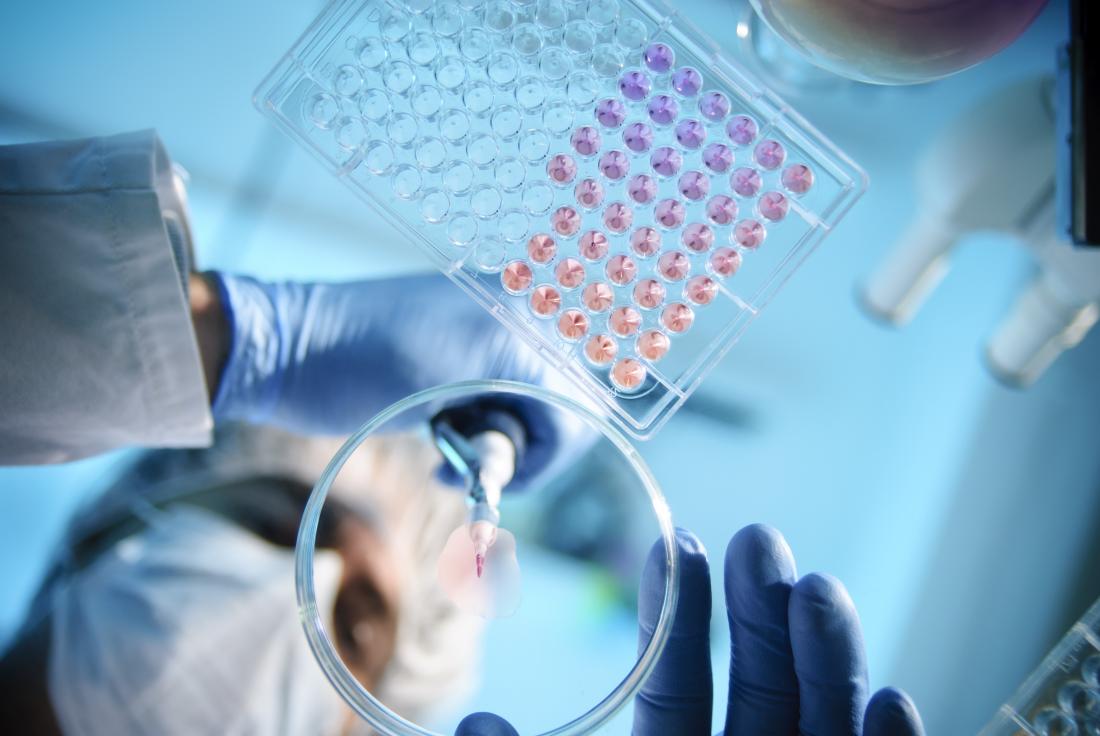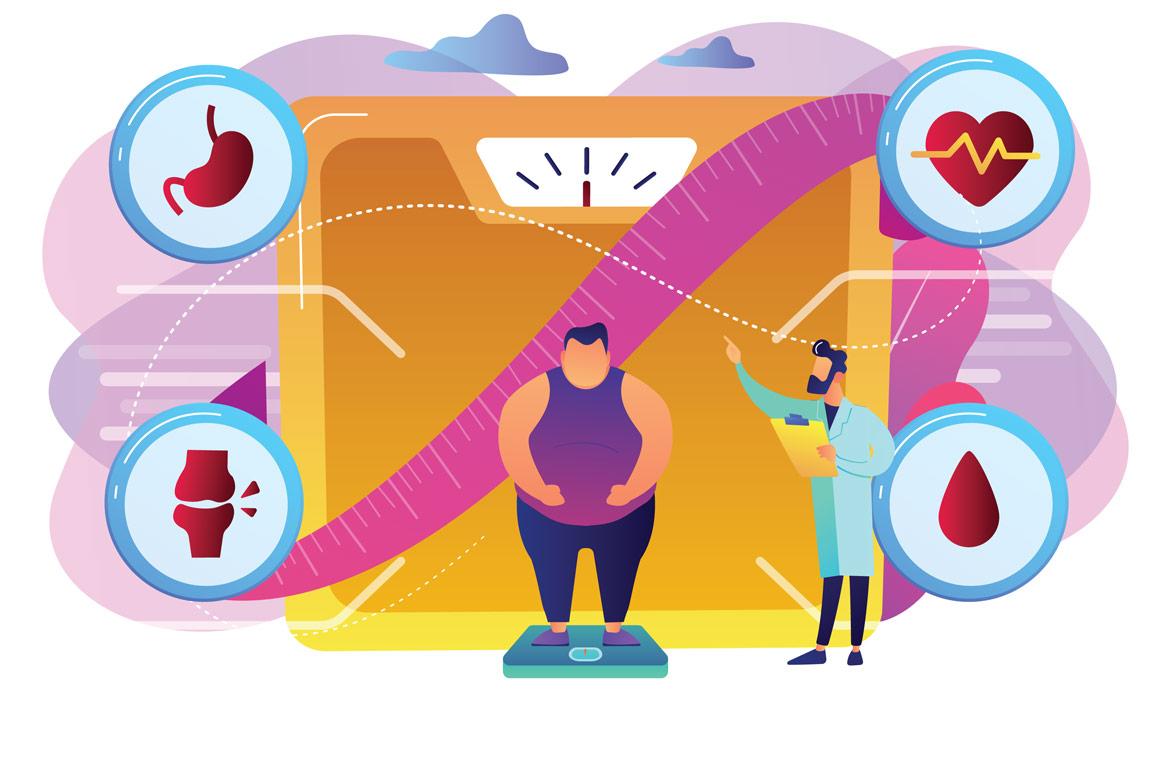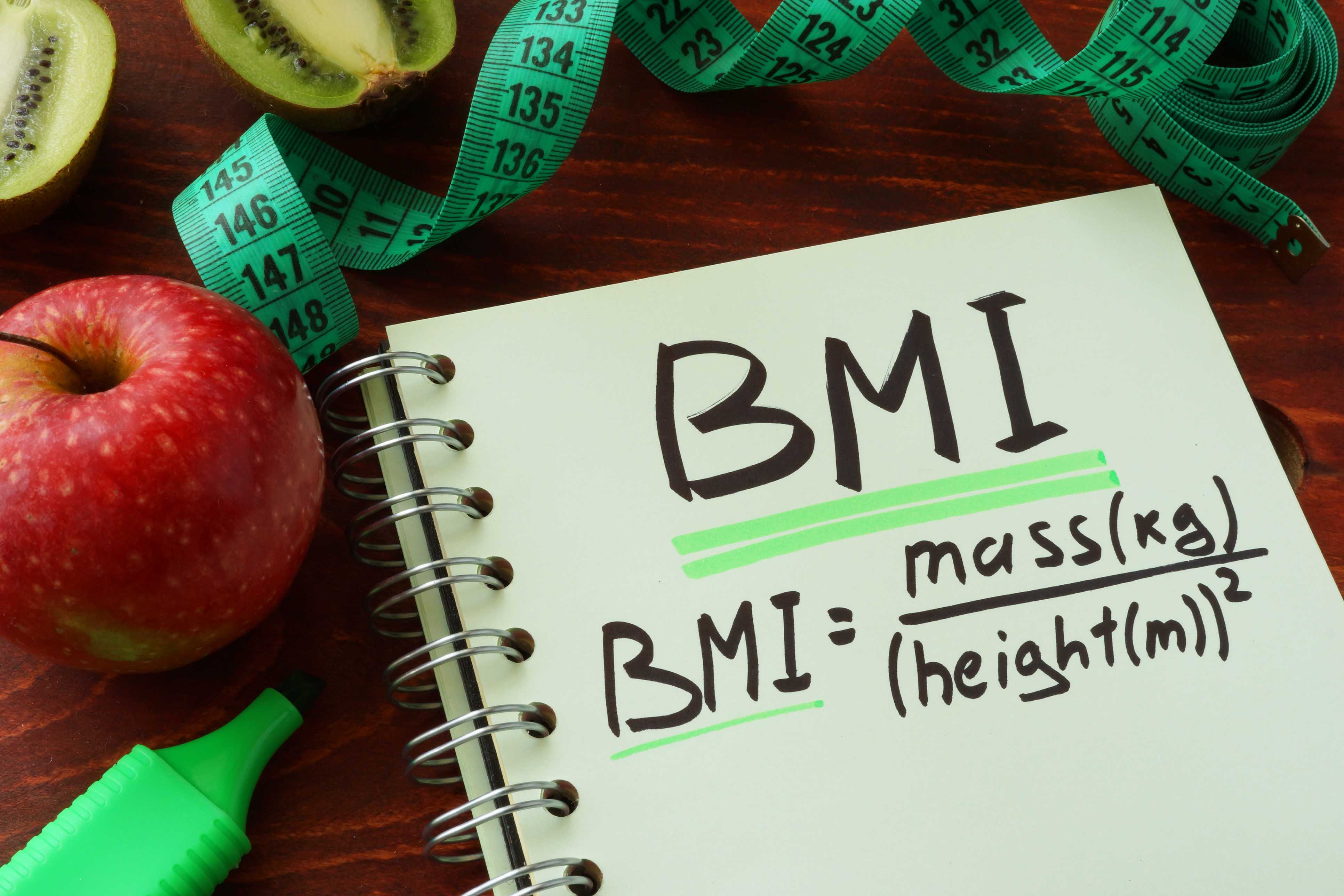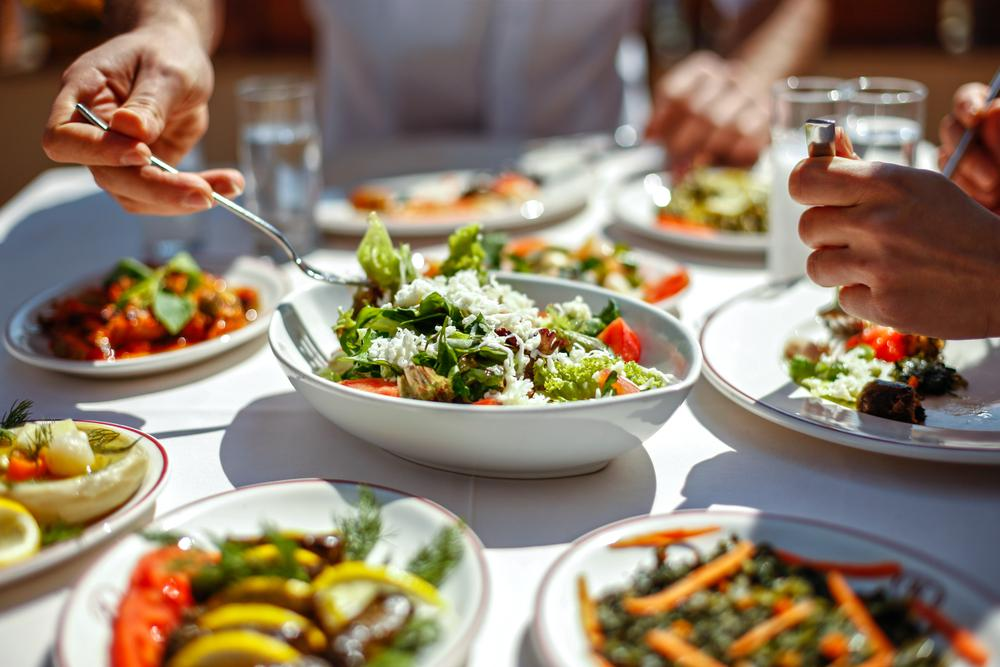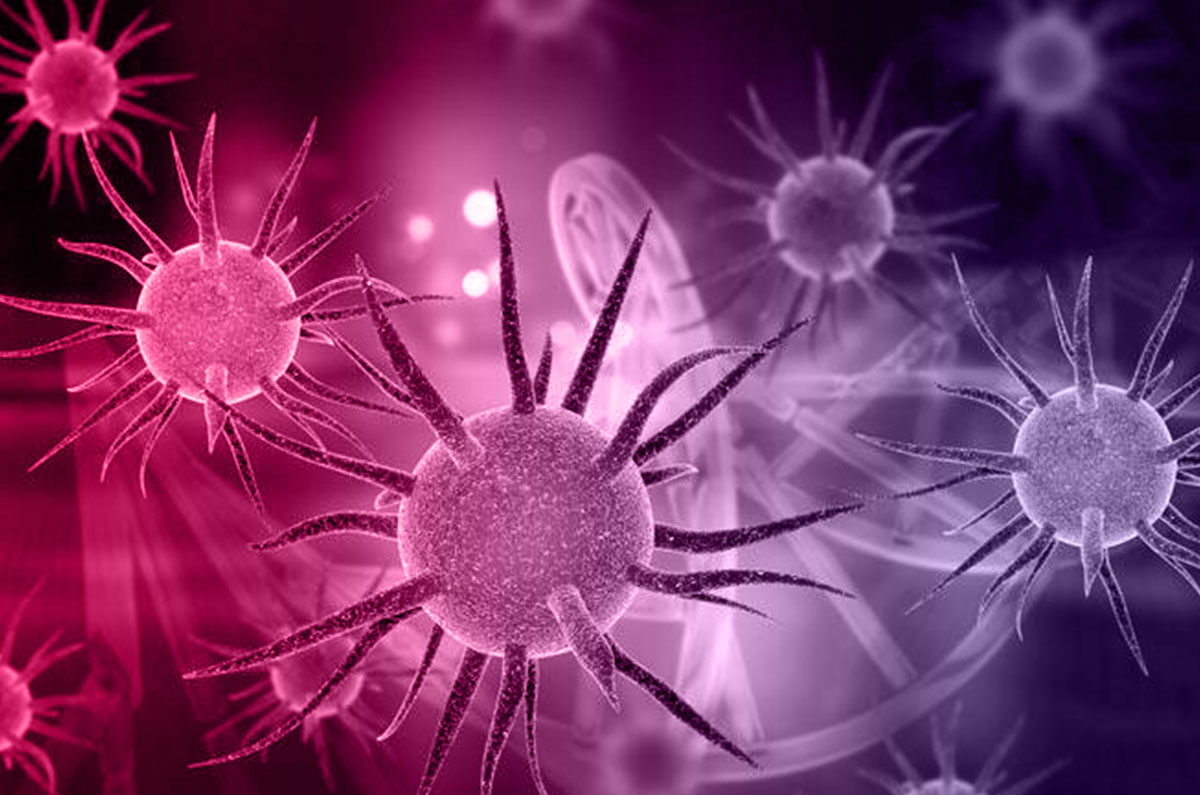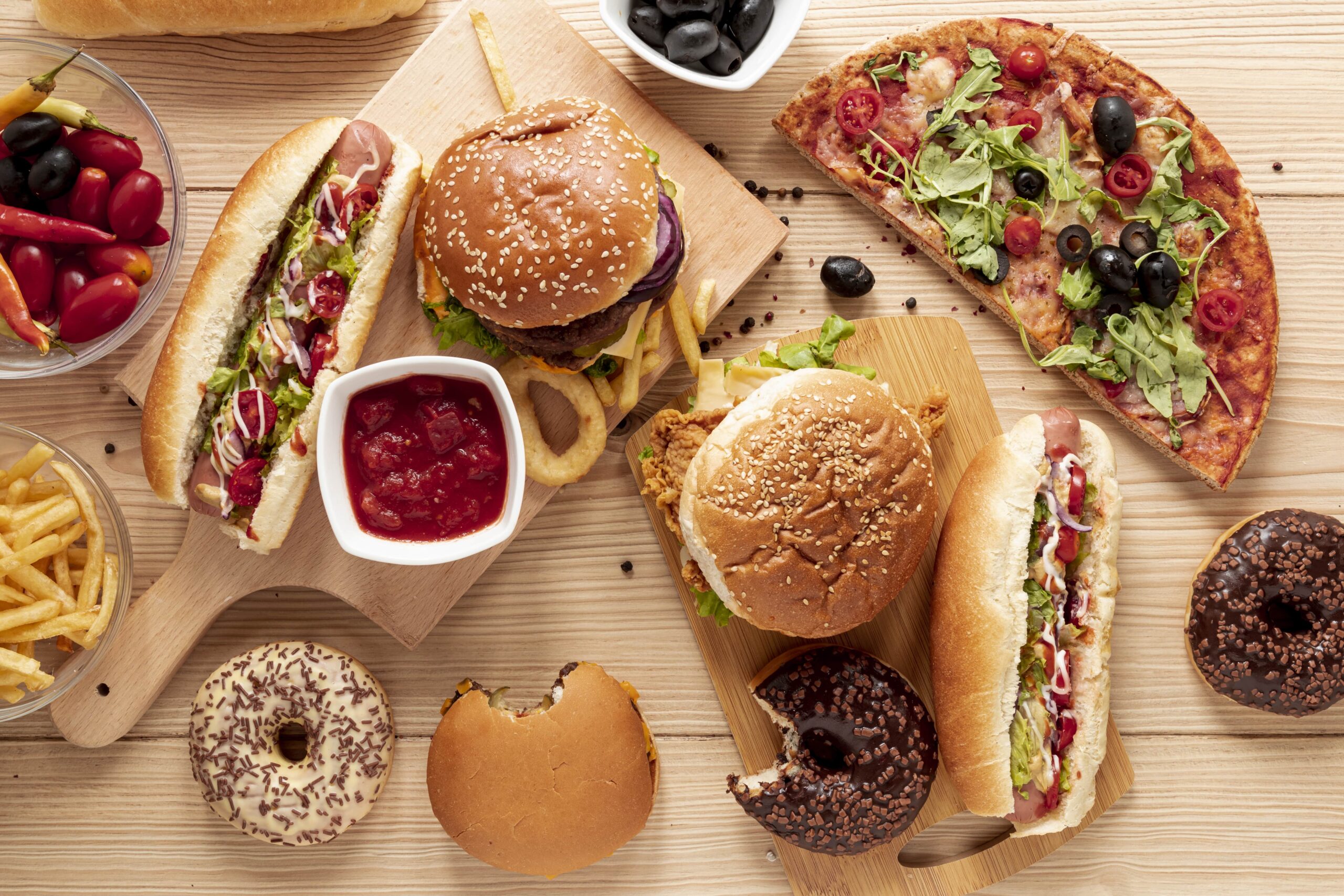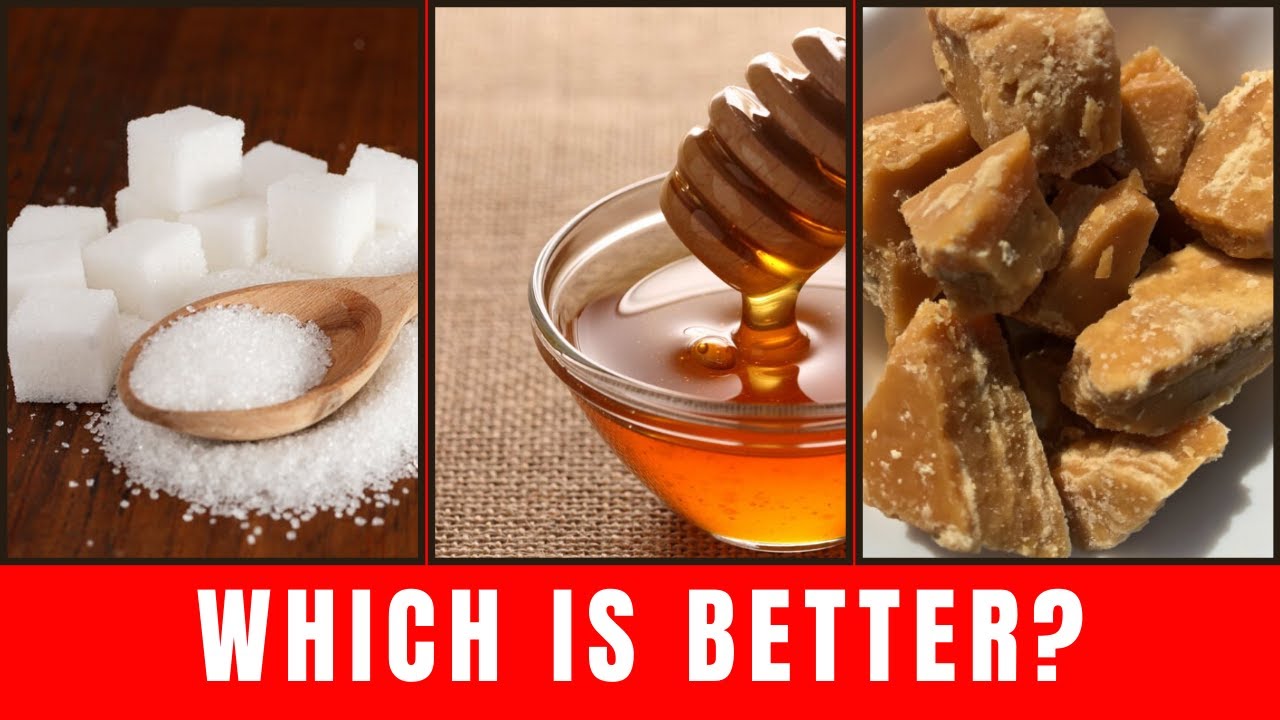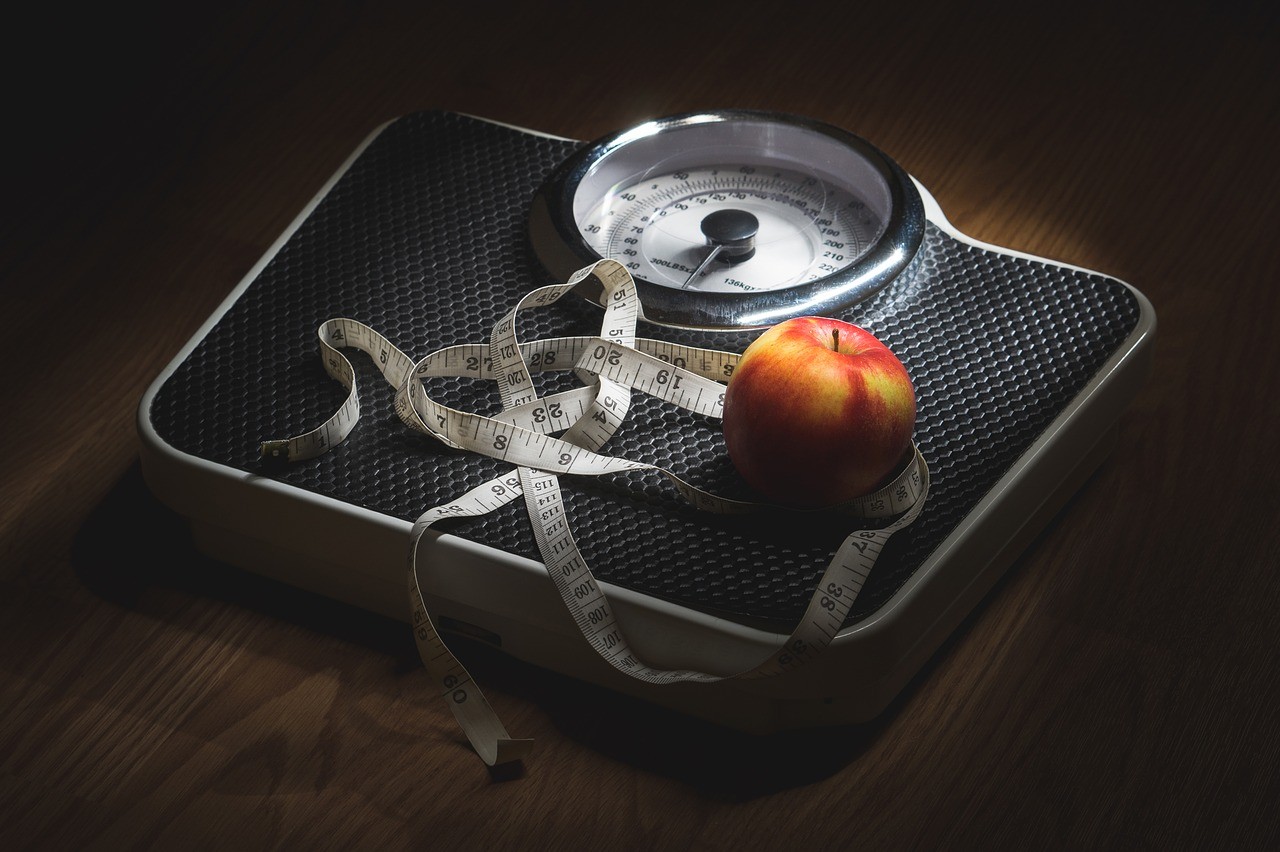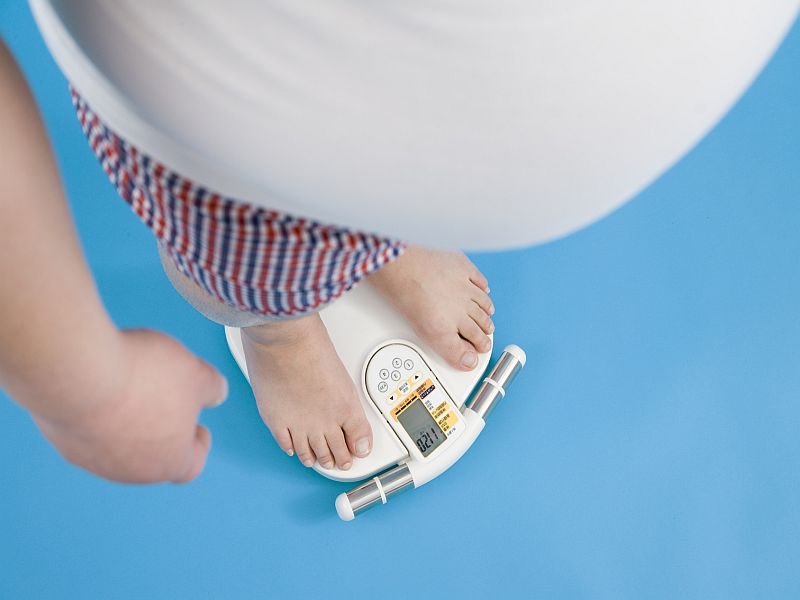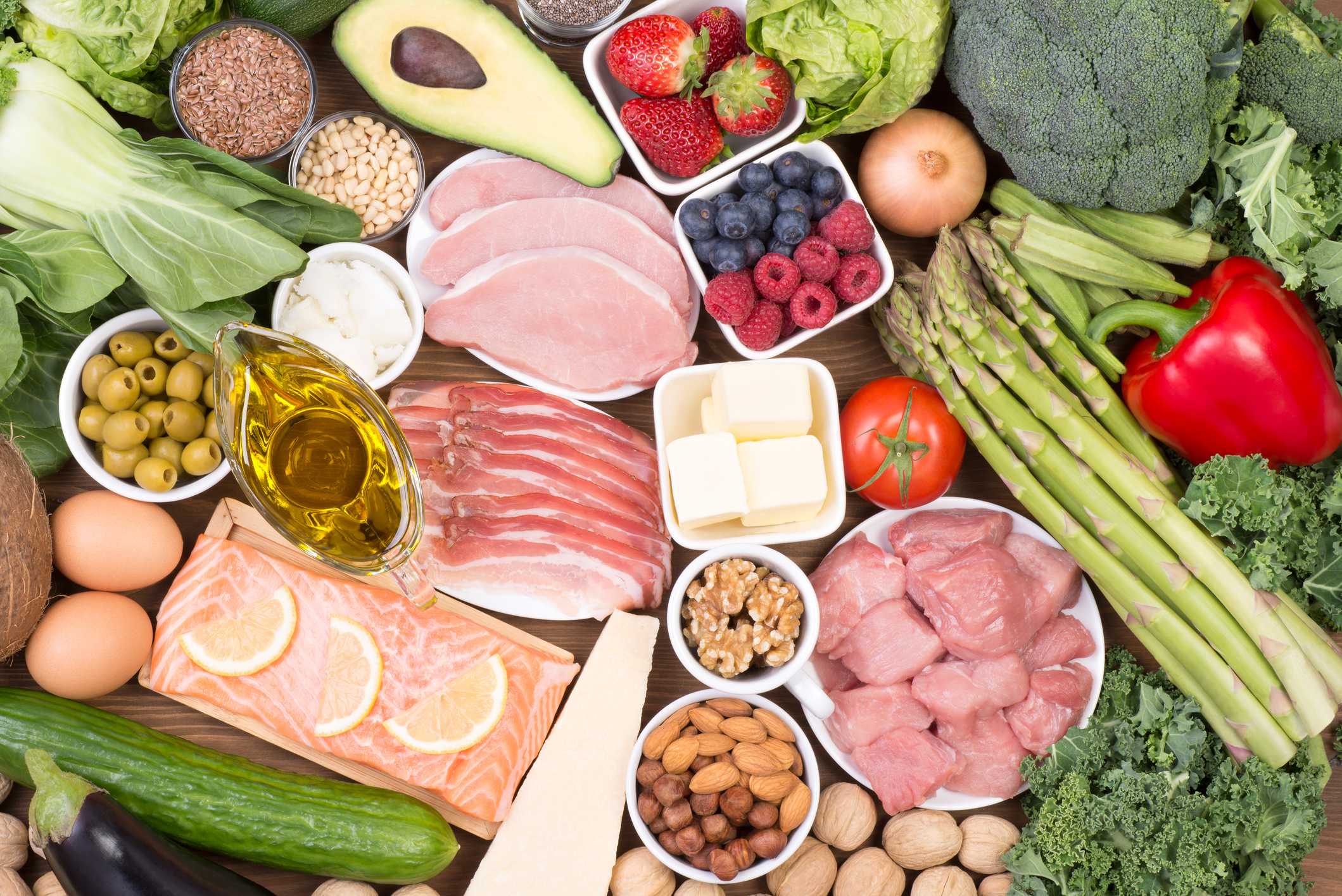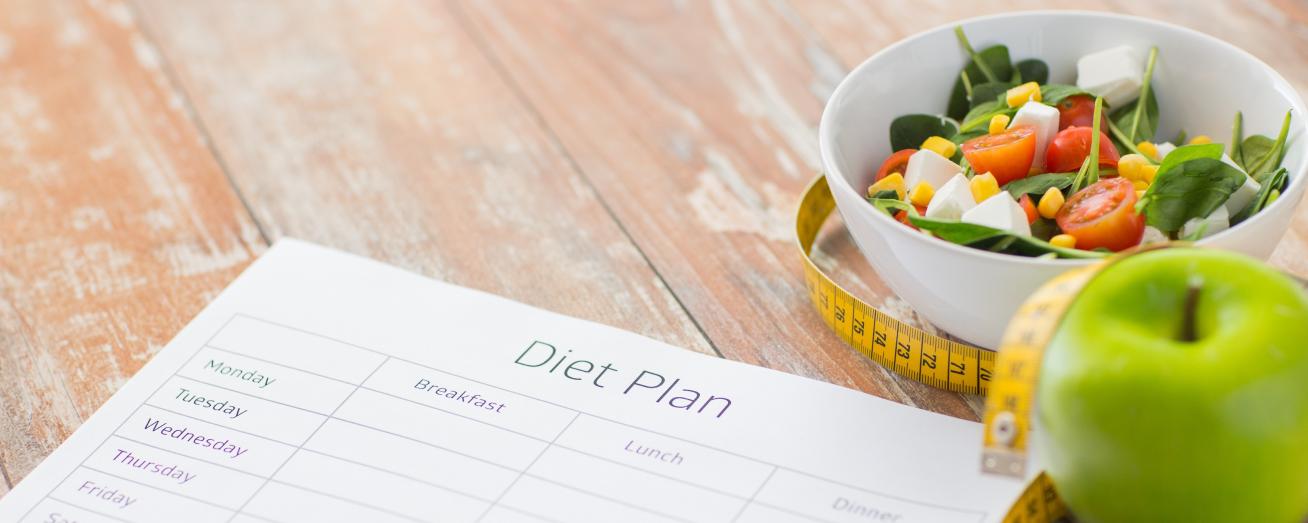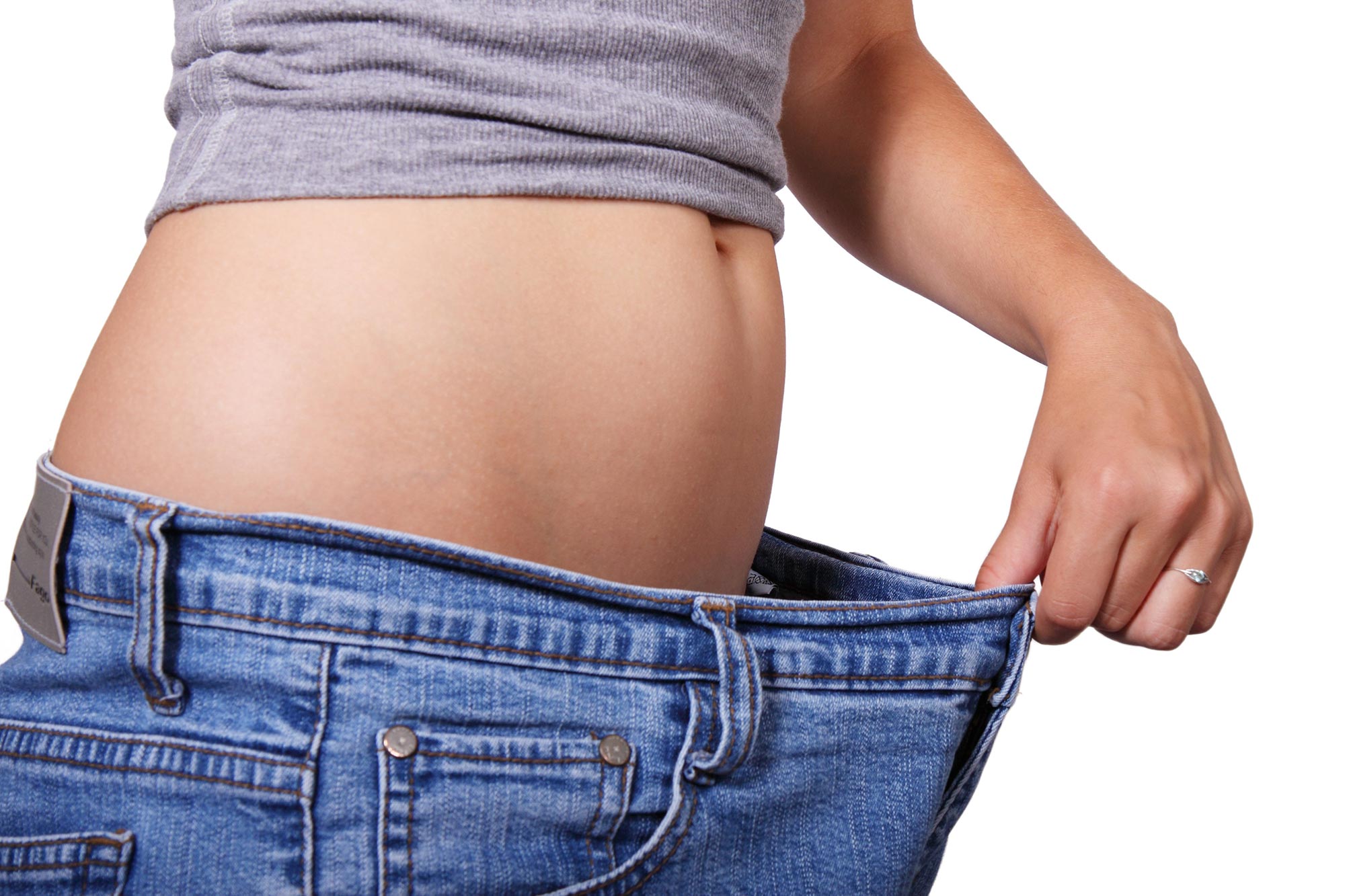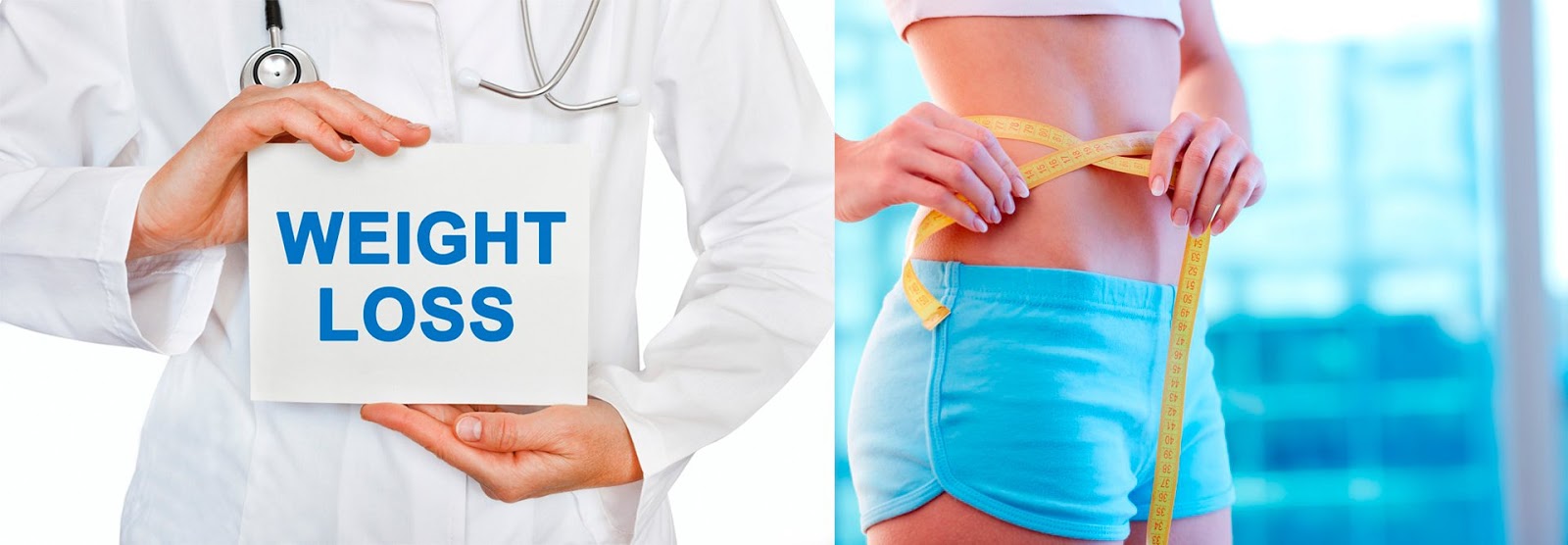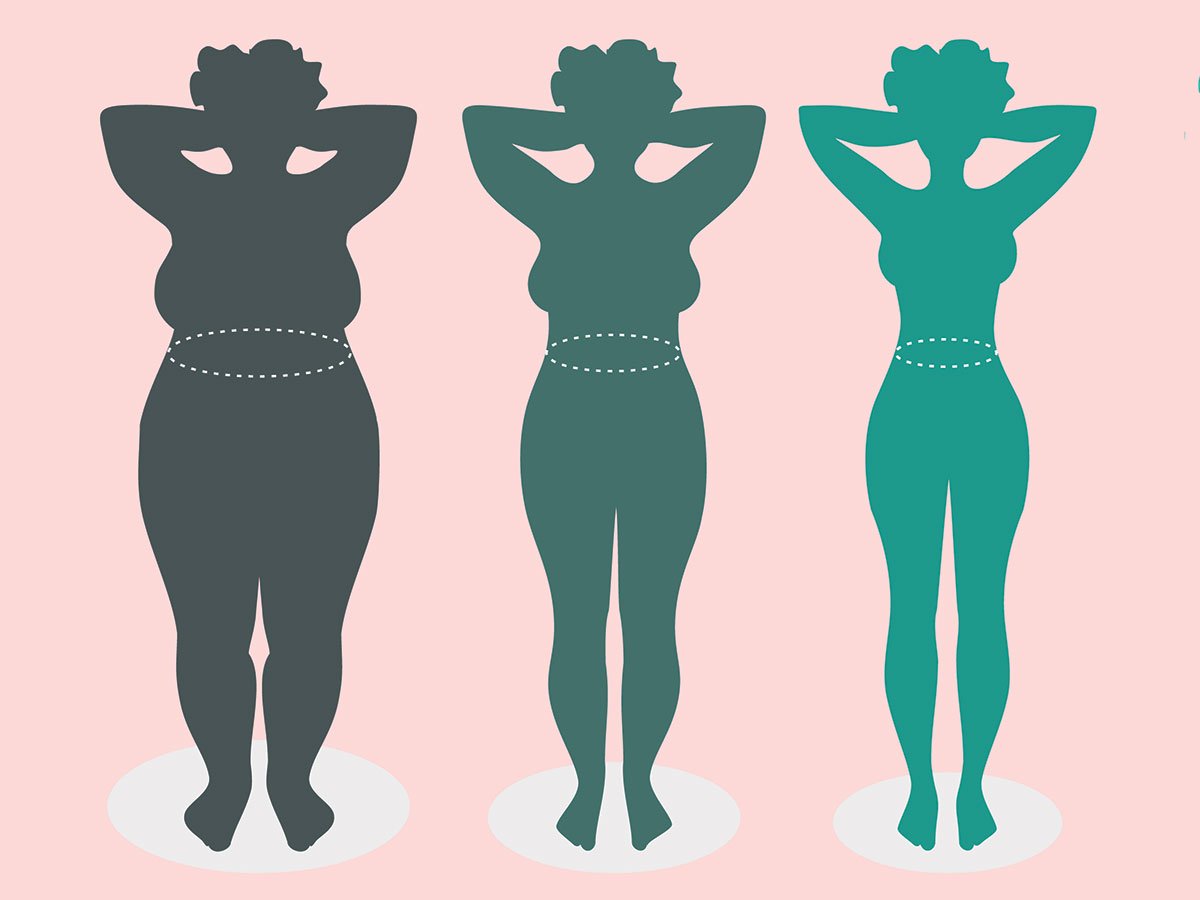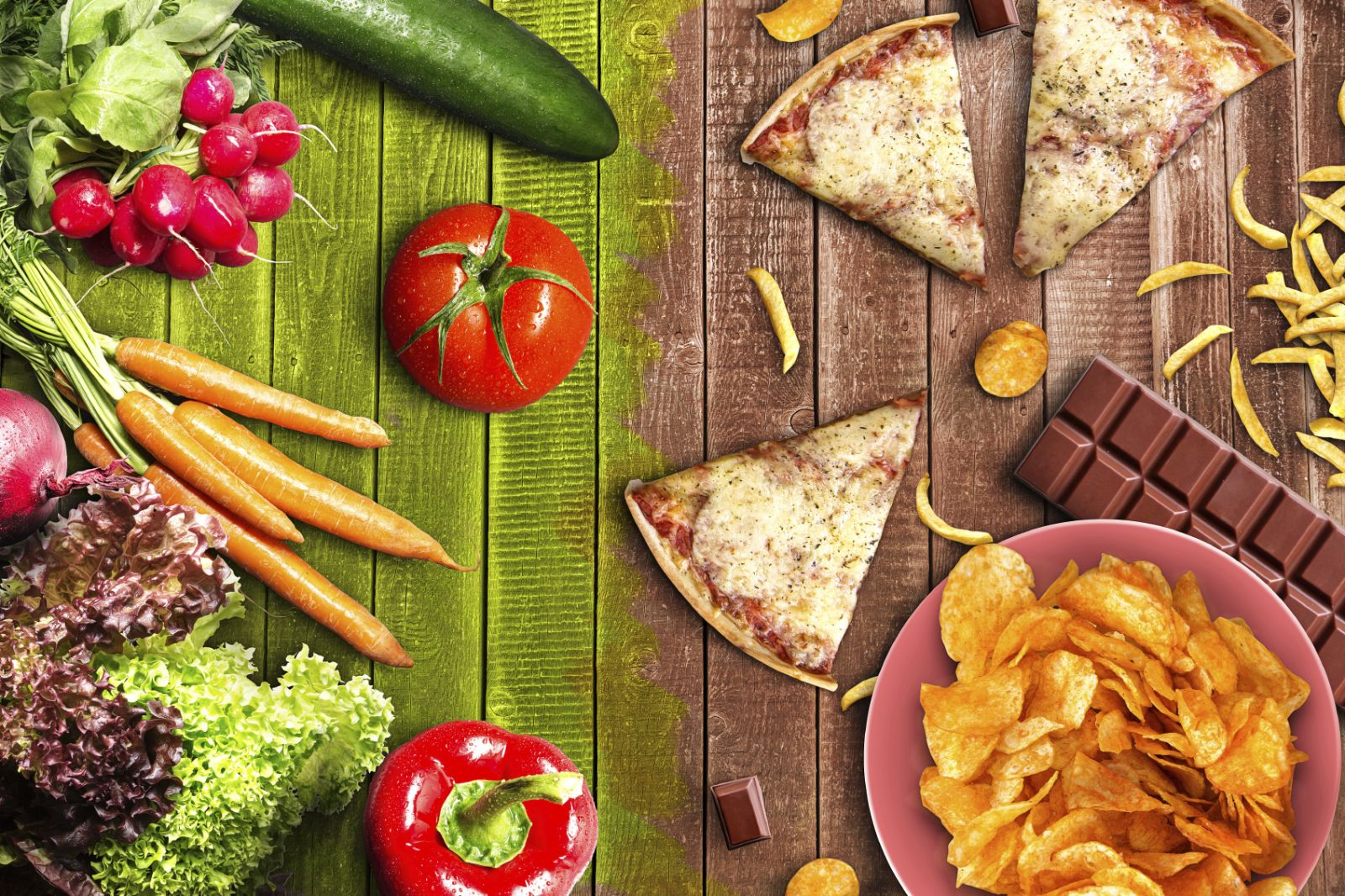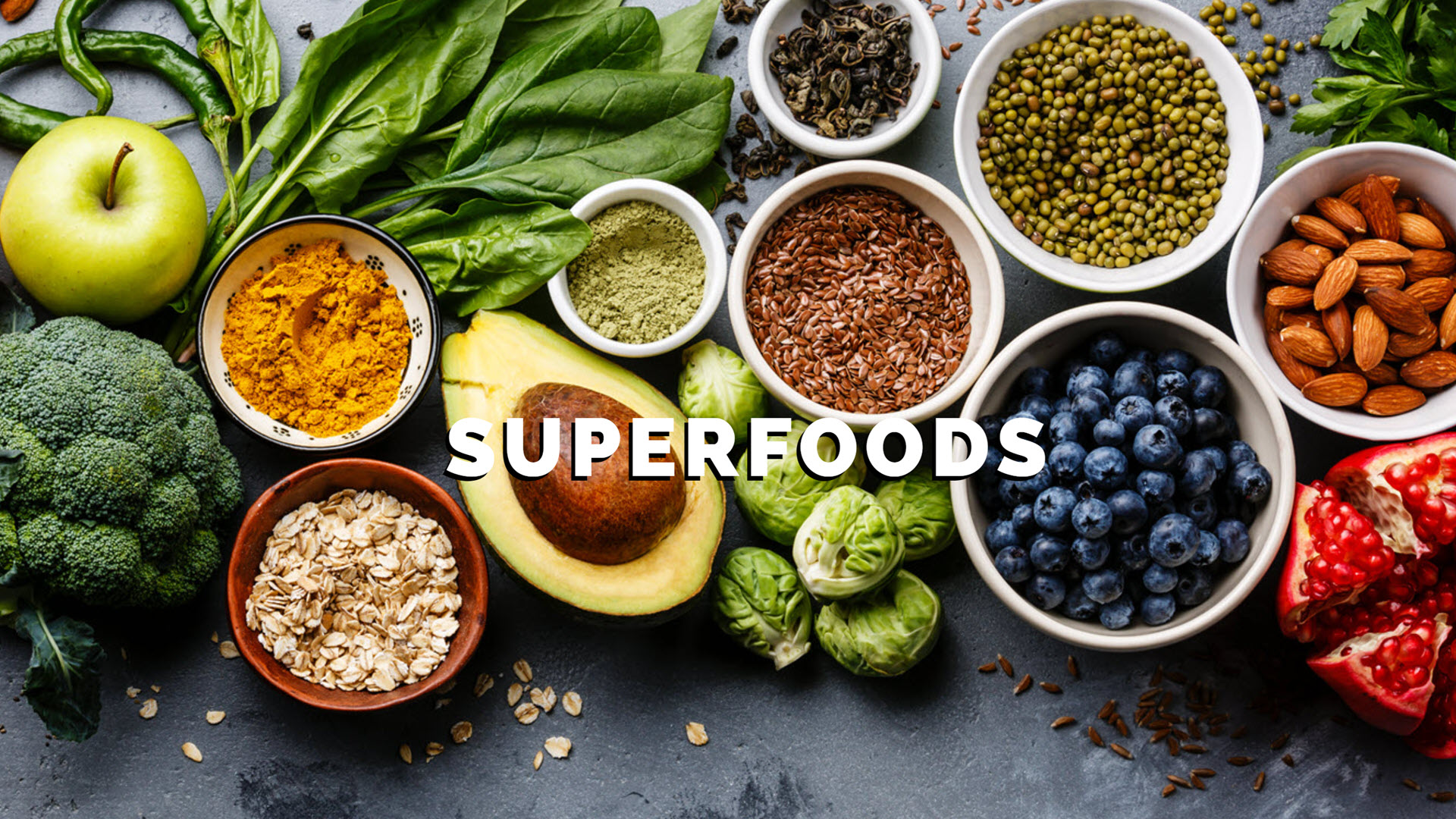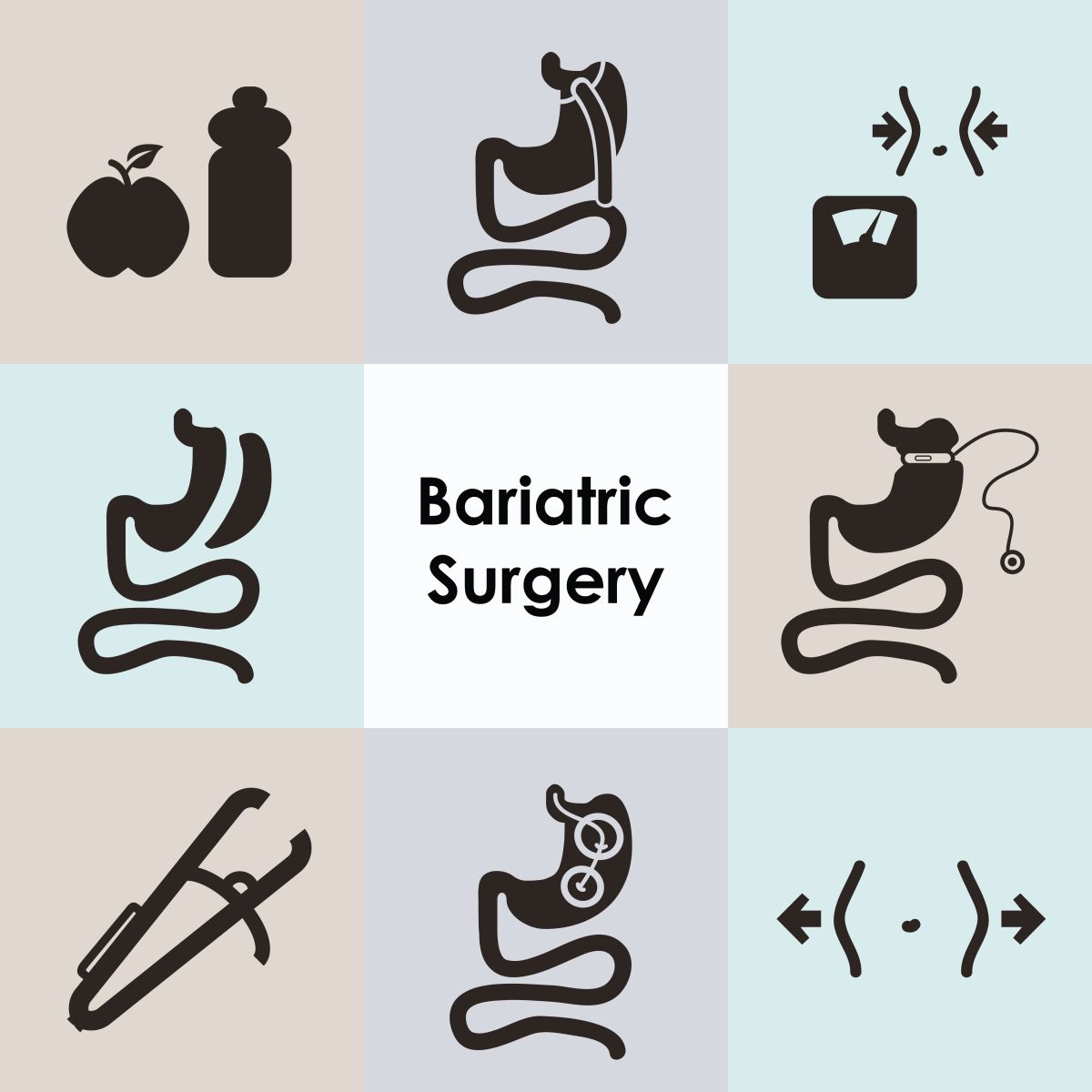Health
Is Bottled Water Good for Weight Loss?
If you’ve resolved to adopt healthier eating patterns as part of an effort to shed unwanted pounds, new research suggests that you should pay more attention to the plastic that the food is sold or stored in. It might be sabotaging your efforts.
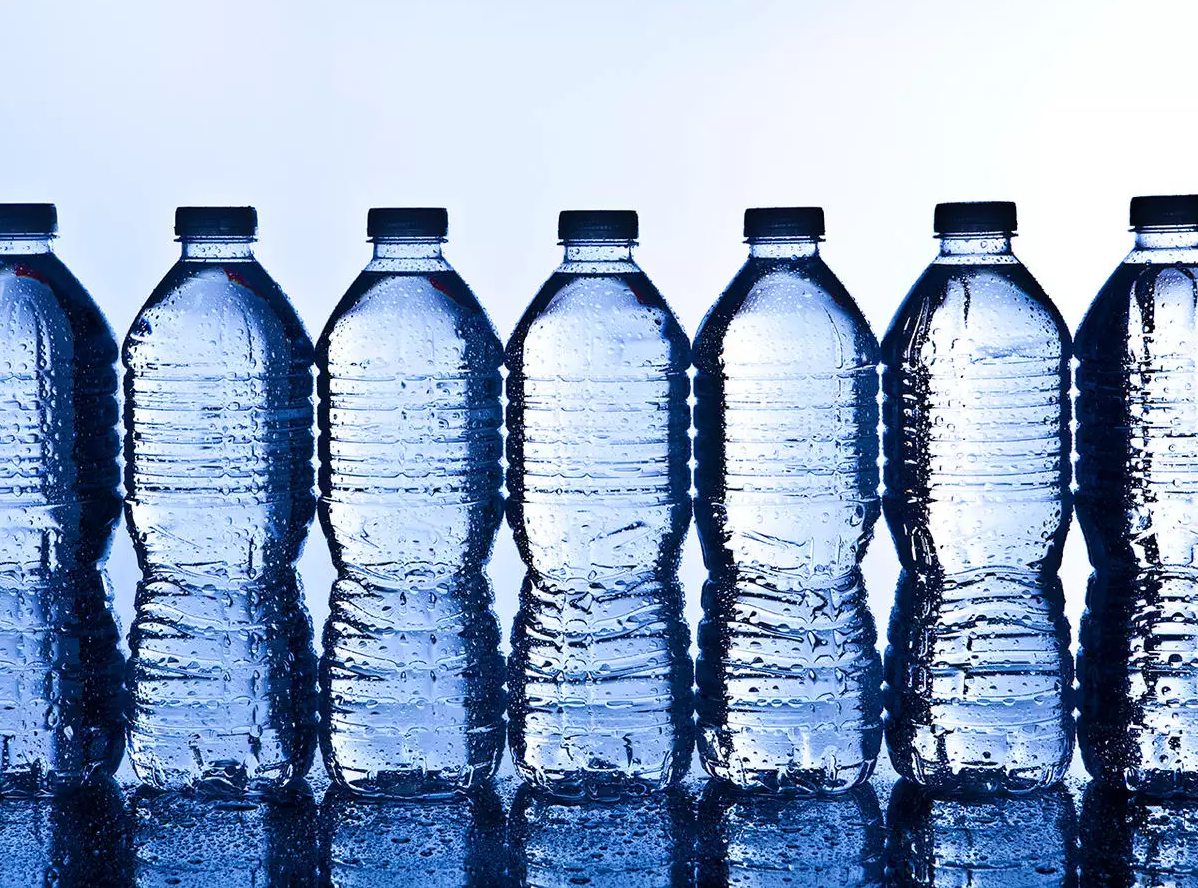
Overview
A study published in Environmental Science & Technology found that plastics found in everyday products like frozen meal packaging, yogurt containers, drink bottles, and even kitchen sponges may impact weight gain.
Chemicals Found in Plastics Can Enter the Body
It was once thought that most plastic chemicals stay in the plastic. But one of the studies published in Environmental Science Technology, suggest that plastic products were found to leach a large number of chemicals under real world conditions, therefore enabling them to enter the body.
Bisphenols and phthalates are metabolism-disrupting chemicals (MDCs) that are frequently used in plastic products and have been shown to promote obesity in cell and animal models in the laboratory.
Because these potentially concerning chemicals represent just a fraction of all the compounds found in plastic, investigators set out to further understand what other MDCs might be found in everyday products containing plastic and what impact they might have on fat.
How drinking water from plastic bottles may be affecting your weight?
According to a research, metabolic disruptors are a category of endocrine disruptors that increase the susceptibility to metabolic diseases, including obesity, type 2 diabetes, and nonalcoholic fatty liver disease (NAFLD).
The endocrine system is made up of glands that produce and secrete hormones that regulate all biological processes in the body from the time a person is born until they die, including metabolism and blood sugar levels, how the body processes and stores fat, and the growth and function of the reproductive system.
Endocrine disruptors are chemicals that may mimic or interfere with the body’s hormones and that are linked with developmental, reproductive, brain, immune, and other problems.
These chemicals have been dubbed “obesogens” and are commonly found in plastic bottles and containers.These chemicals can migrate into your foods and liquids, causing your bottled water to be contaminated by them. Recent findings suggest that obesogens found in plastic water bottles promote adipogenesis, a phenomenon by which fat accumulates in the body, causing additional weight gain. These chemicals disrupt your metabolism and bind to estrogen receptors in the body, causing it to store more fat than it needs.
Although plastic bottles alone cannot be blamed for the obesity crisis, it is possible that the epidemic is being aggravated further by the careless use of plastic water bottles containing endocrine-disrupting contaminants.
Conclusion
Food and drinks in plastic container are harmful for your health and may be impacting your weight more than you think. The best way to minimize exposure to plastics through diet is not to purchase or store food and drinks in plastic containers or wraps.
If that’s not doable, try to minimize the amount of time your food or drink is in contact with plastic, and never heat food when it is in contact with plastic.




